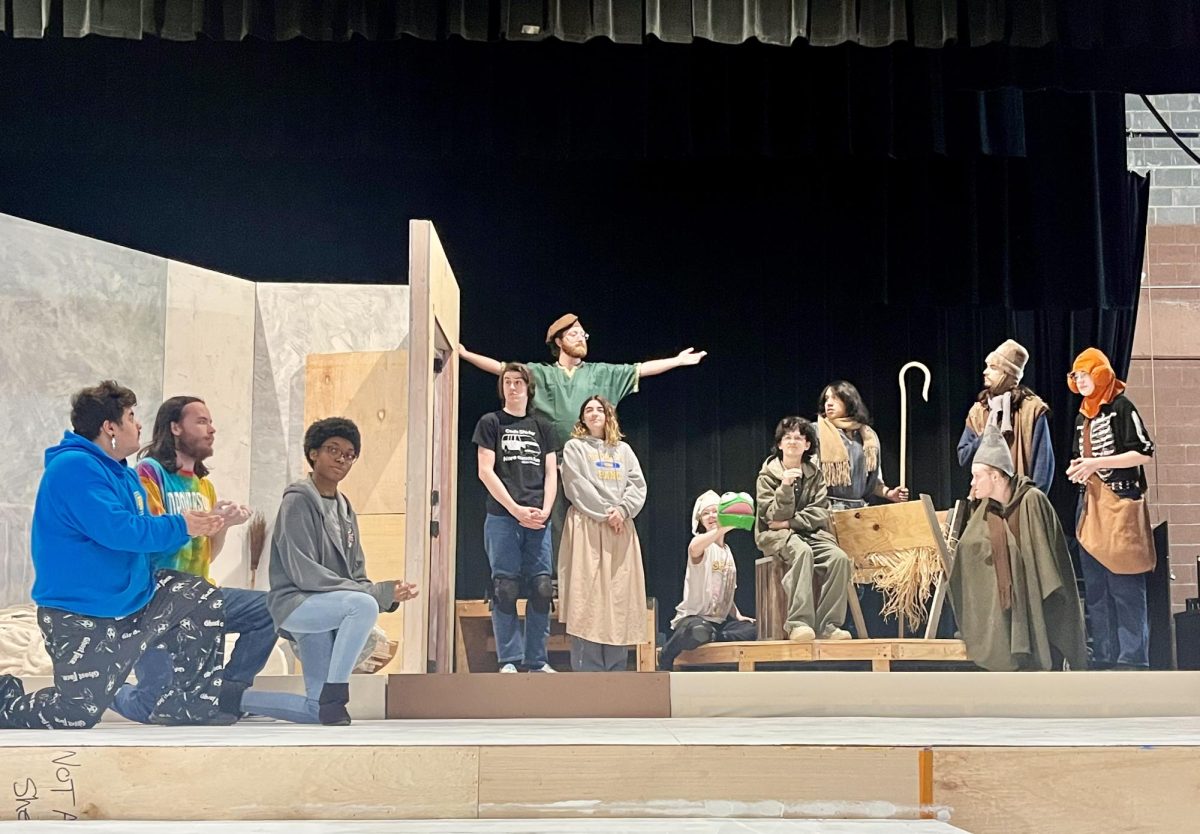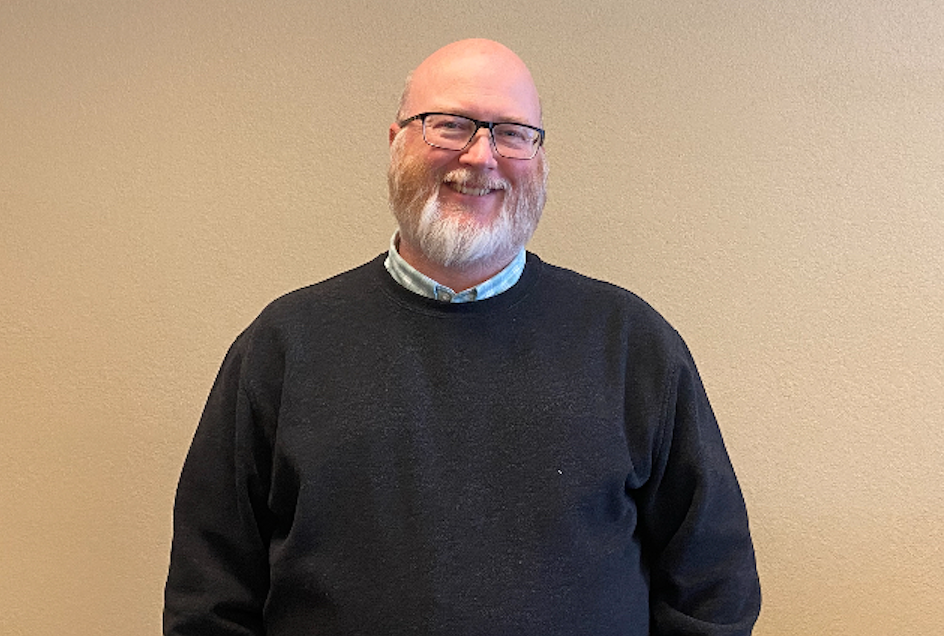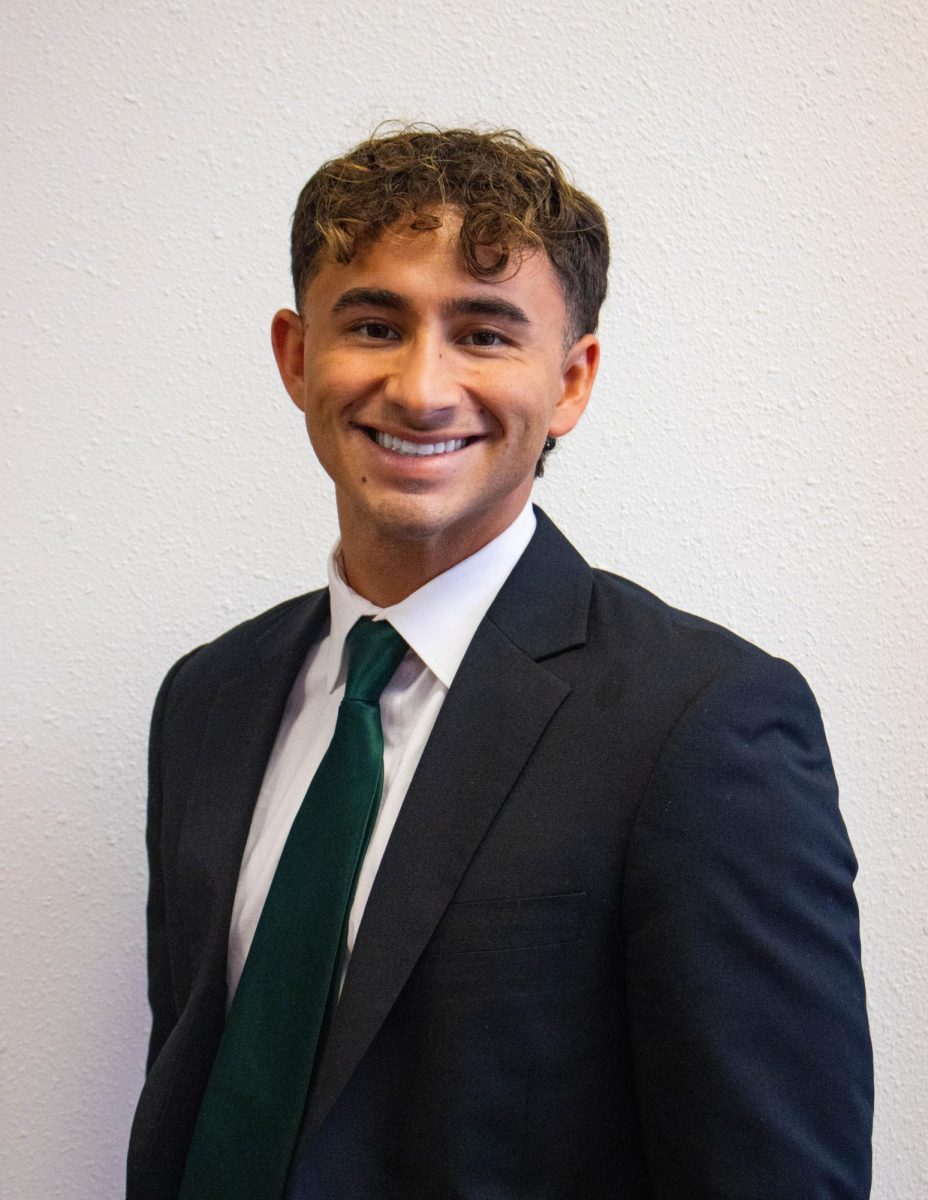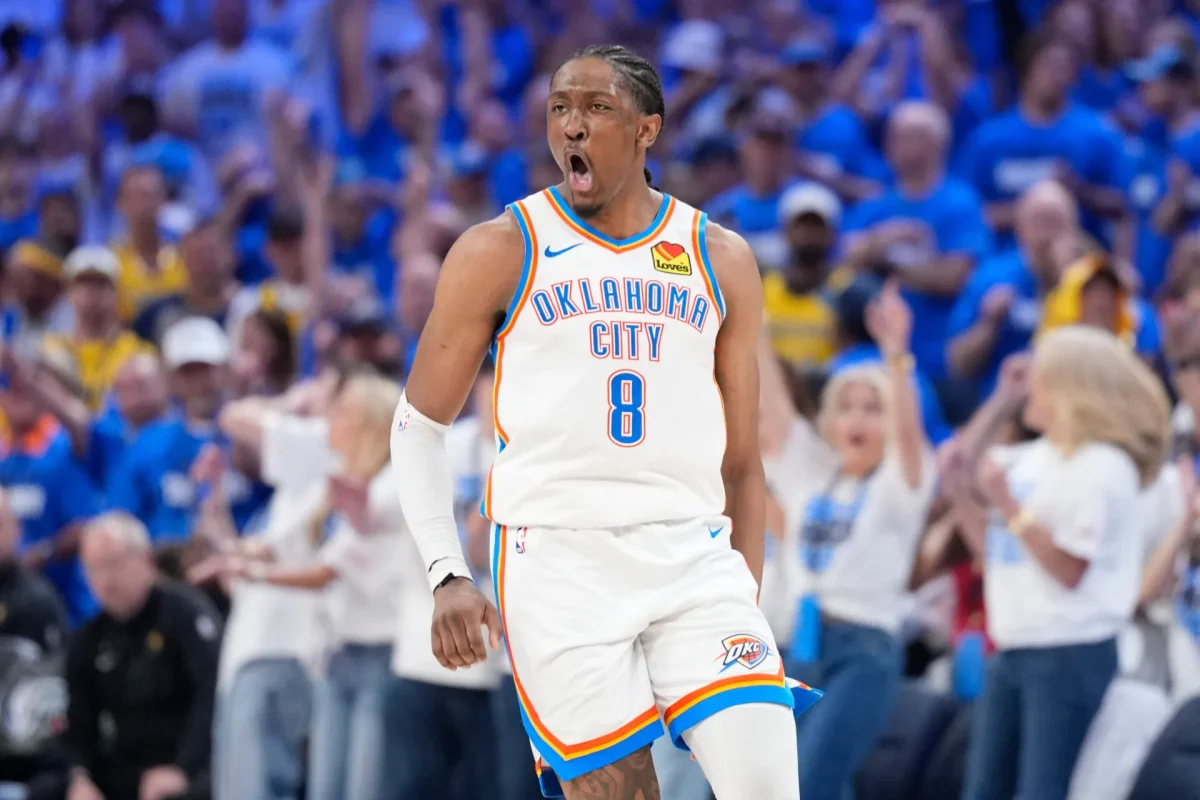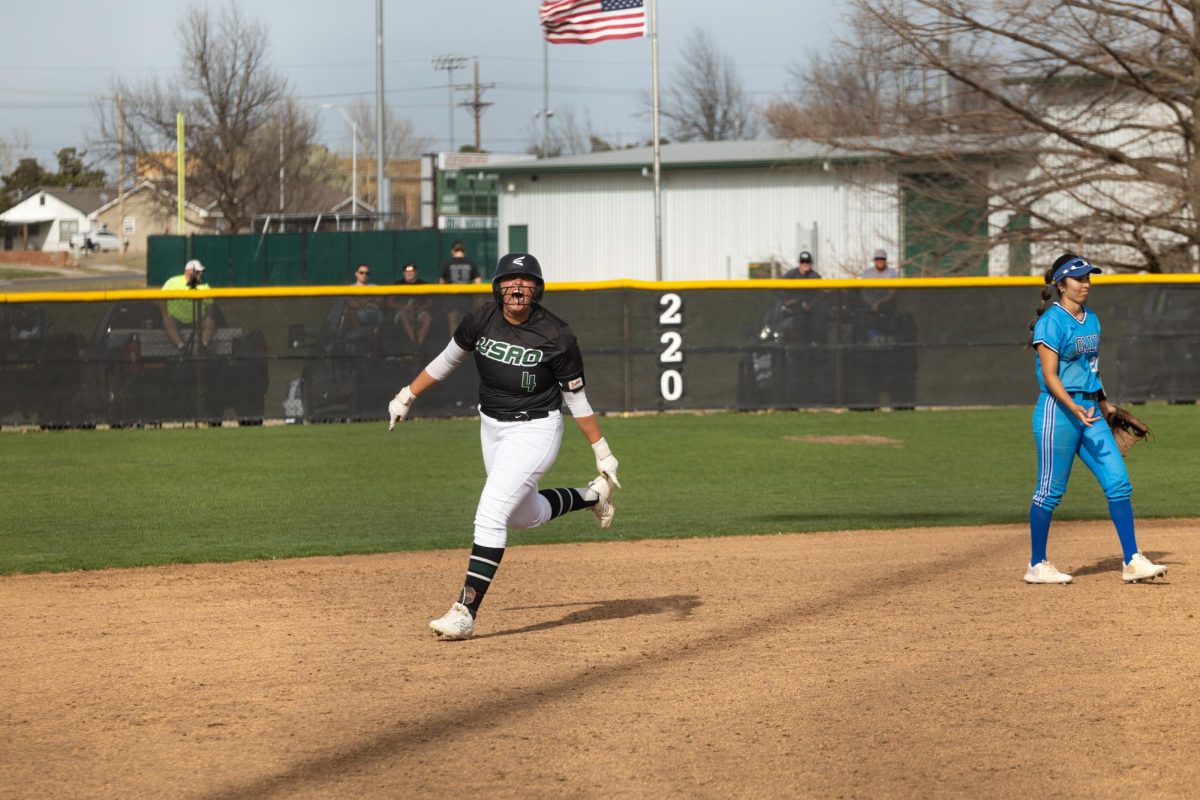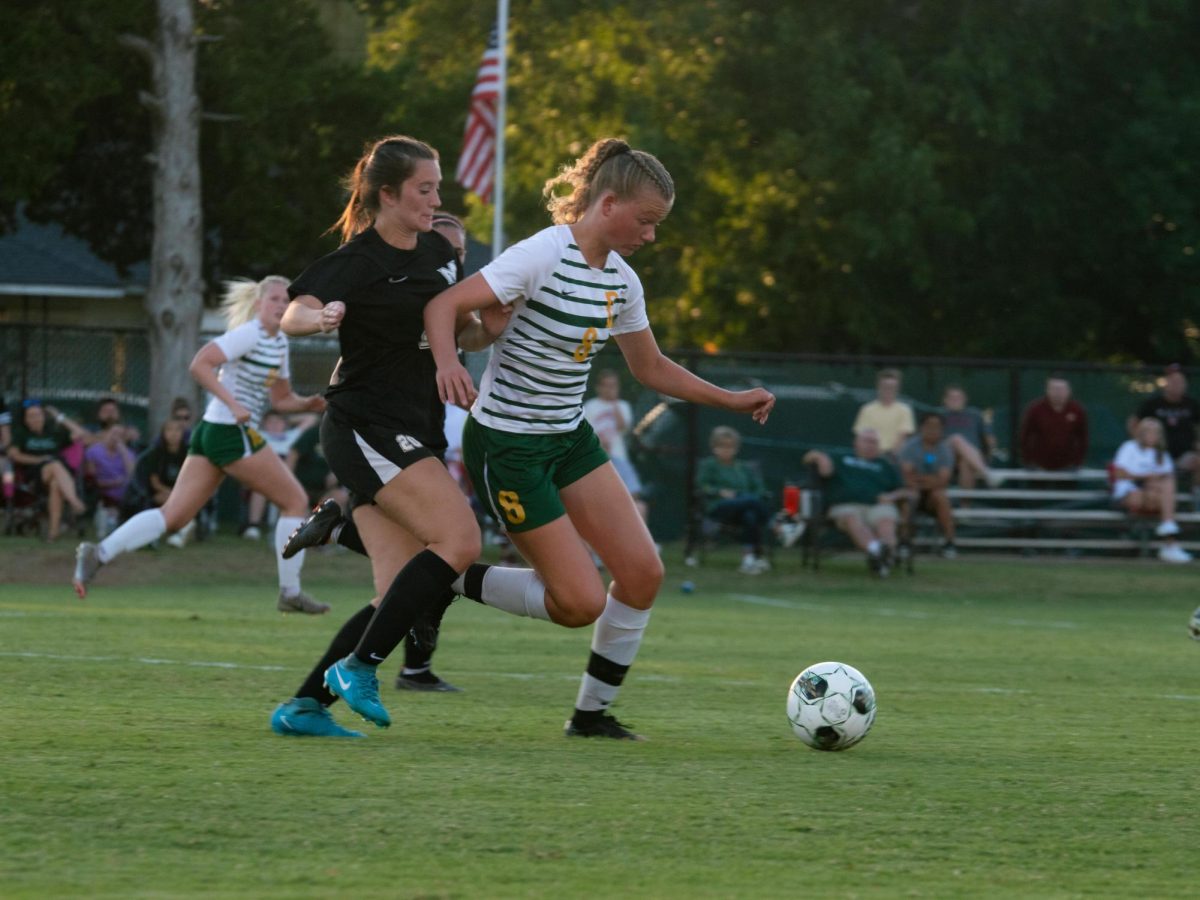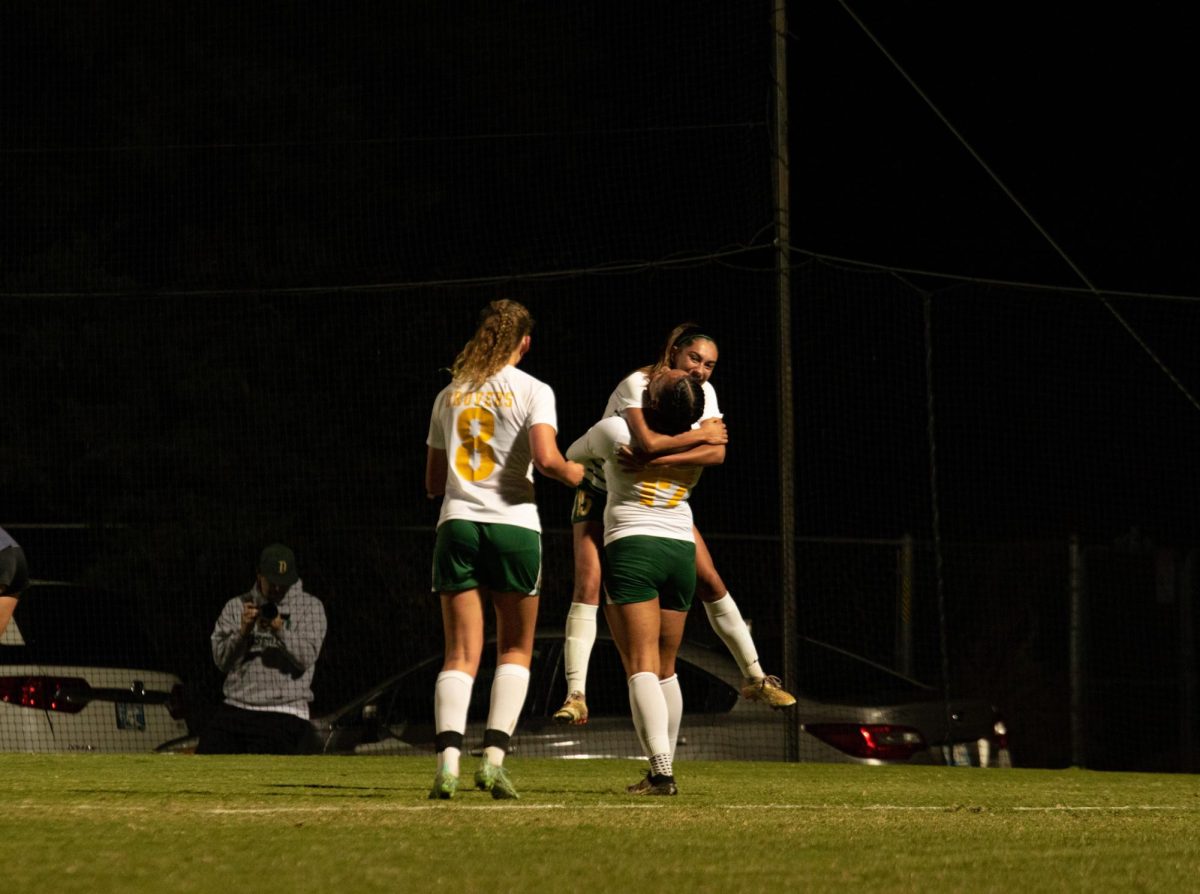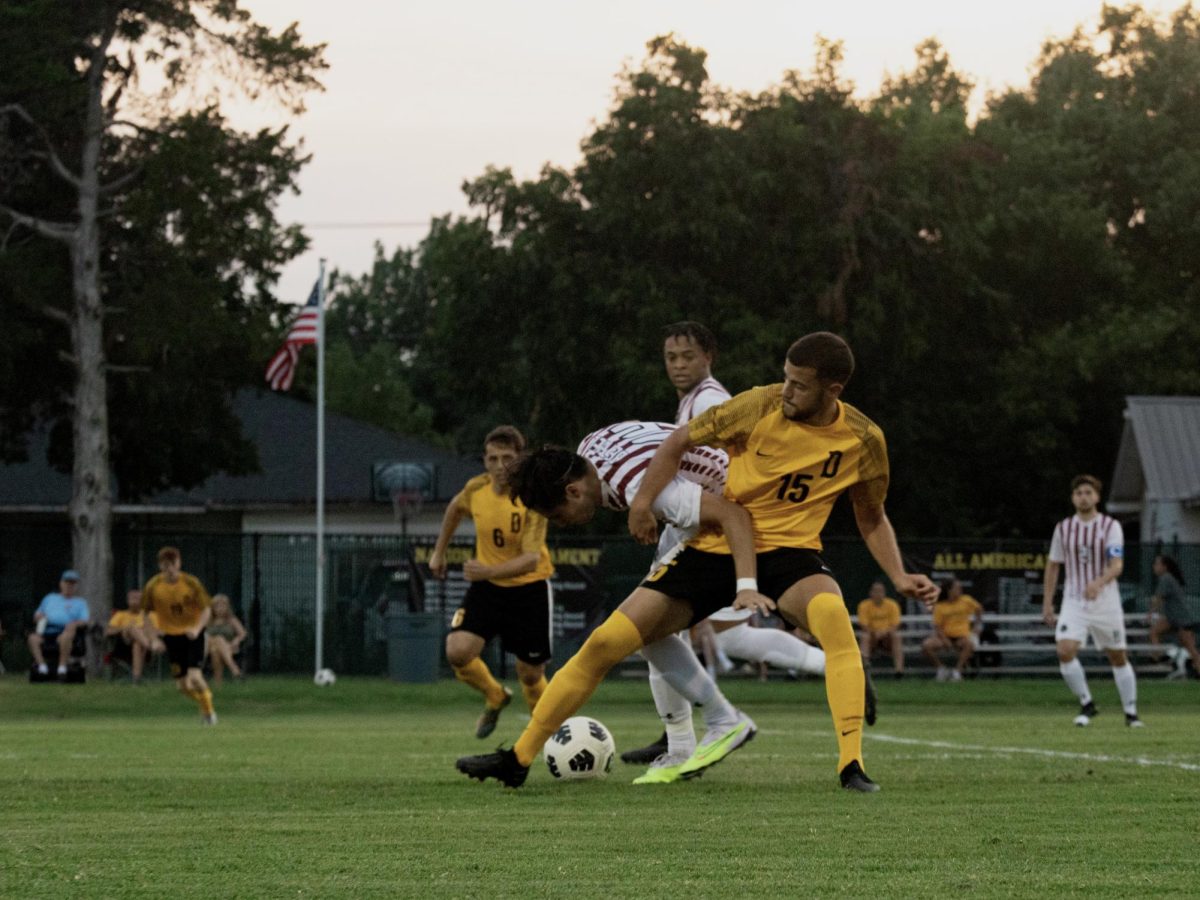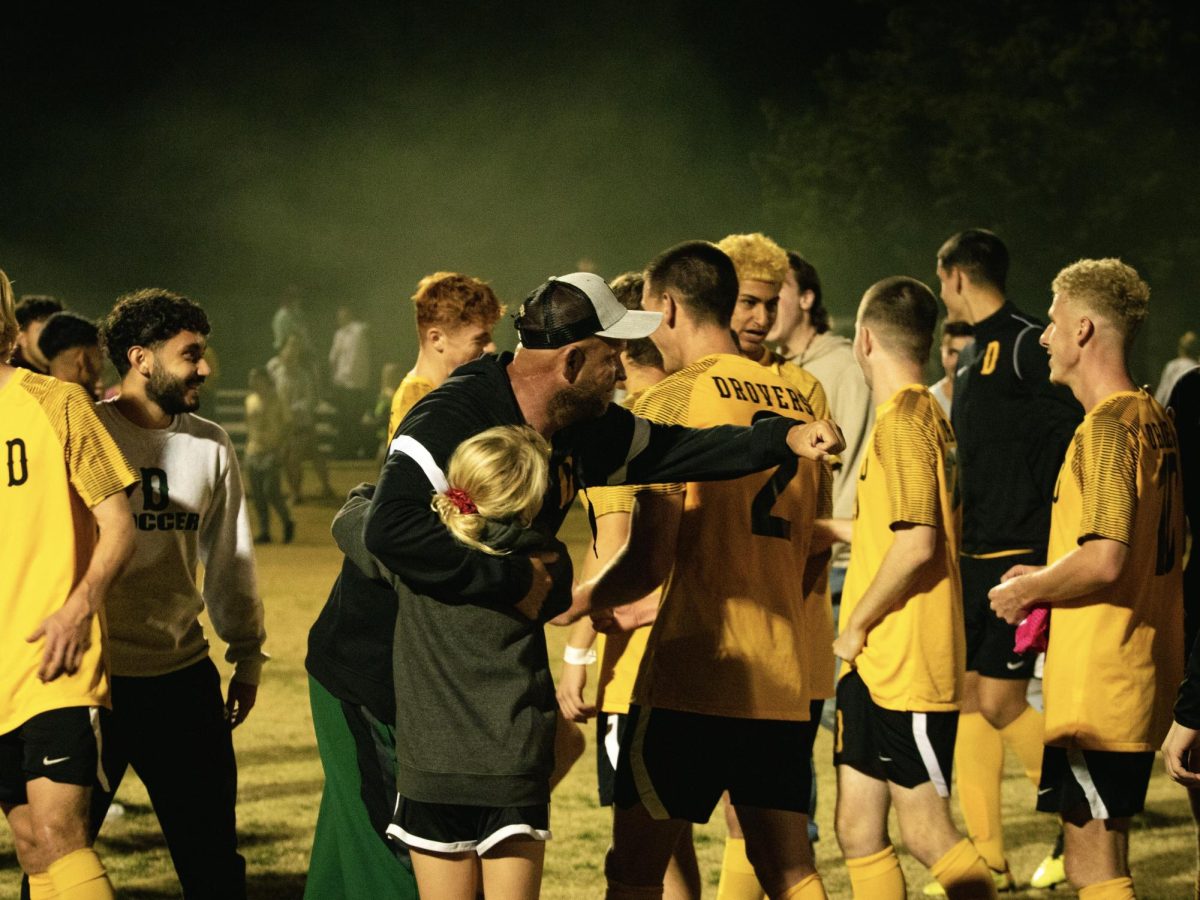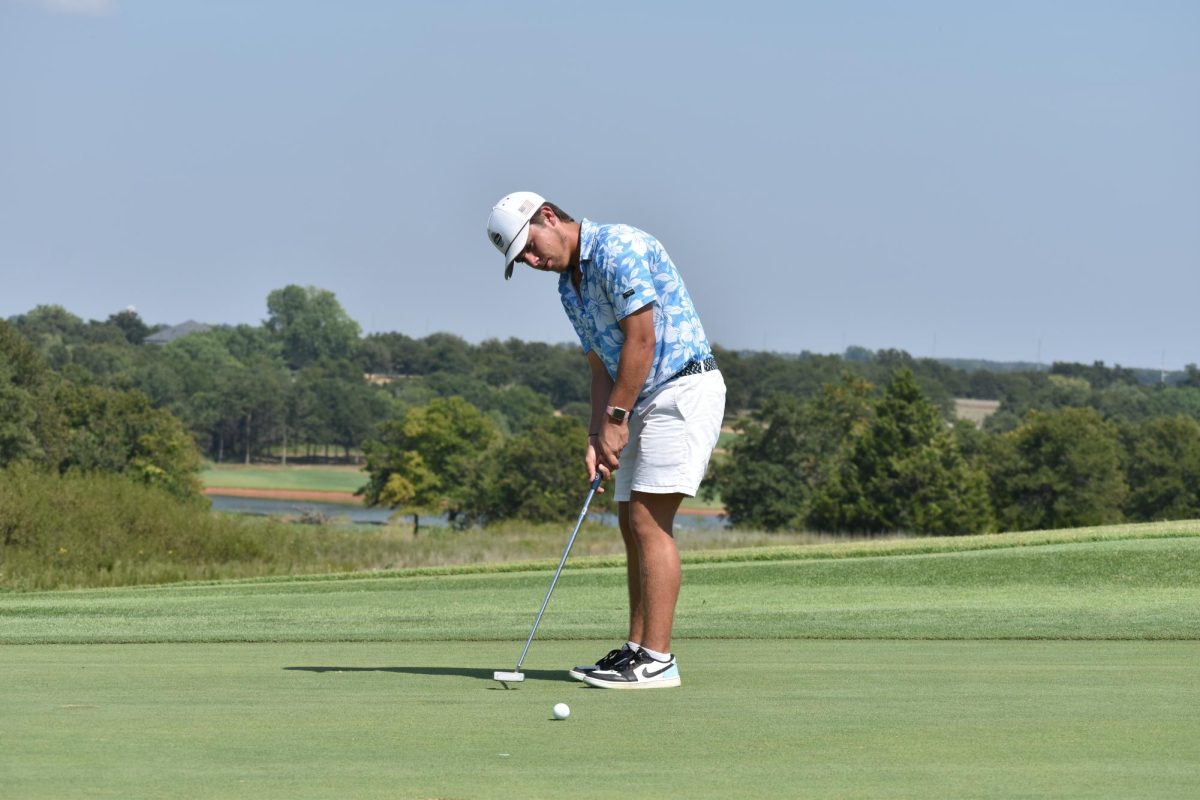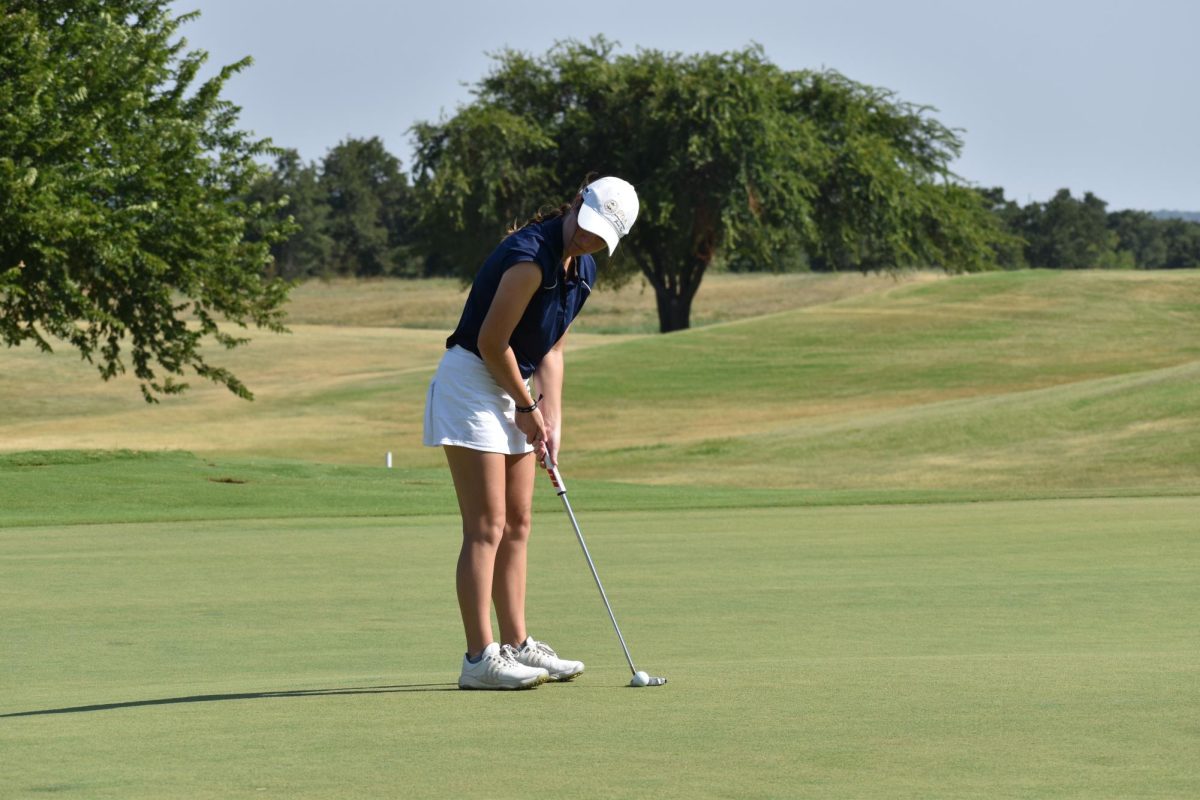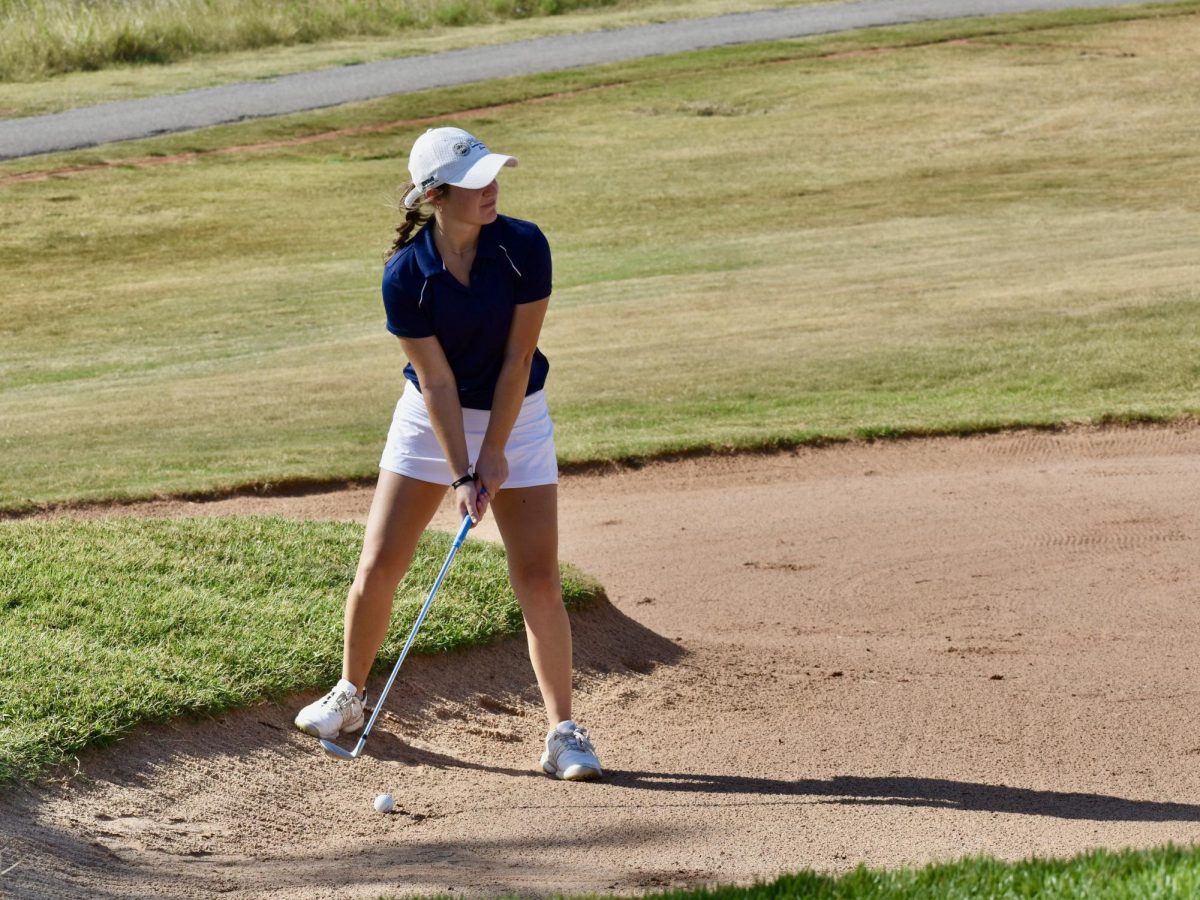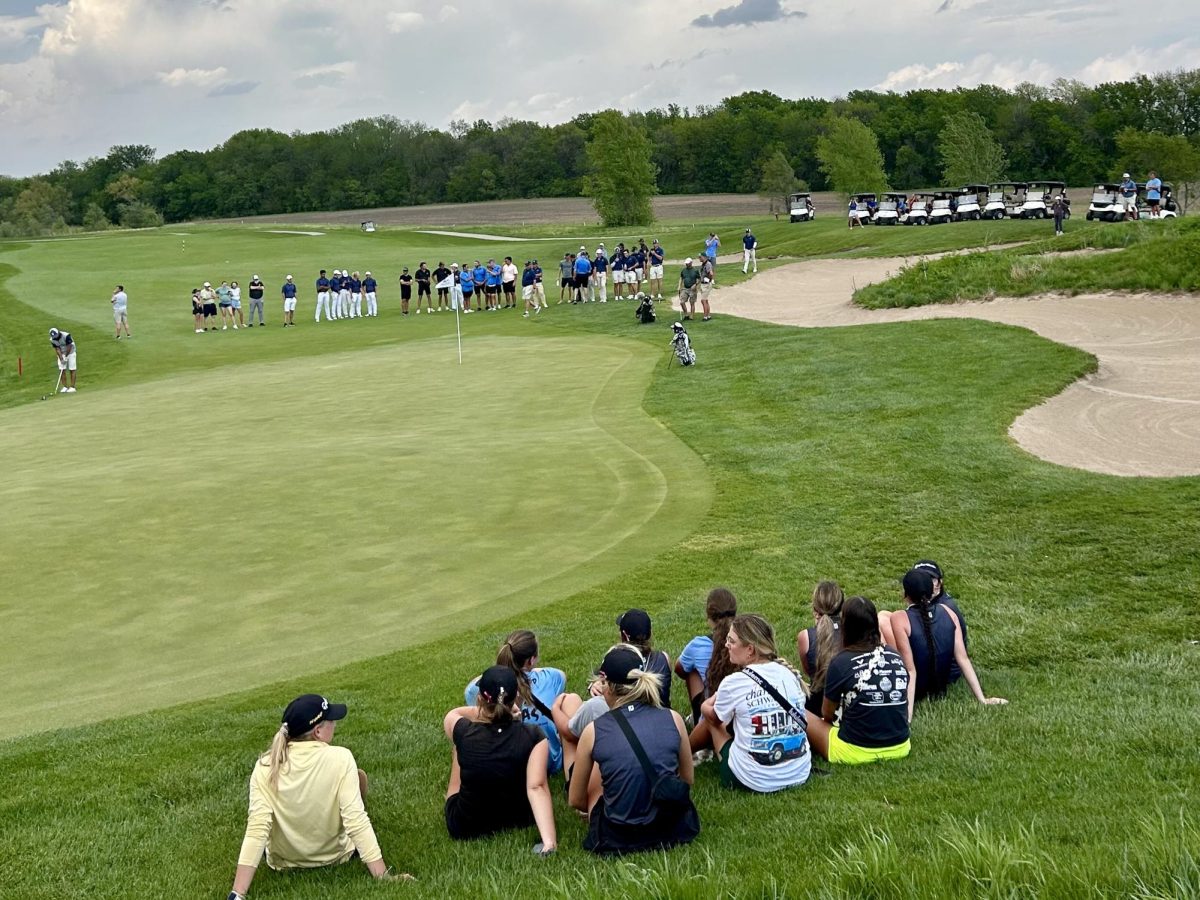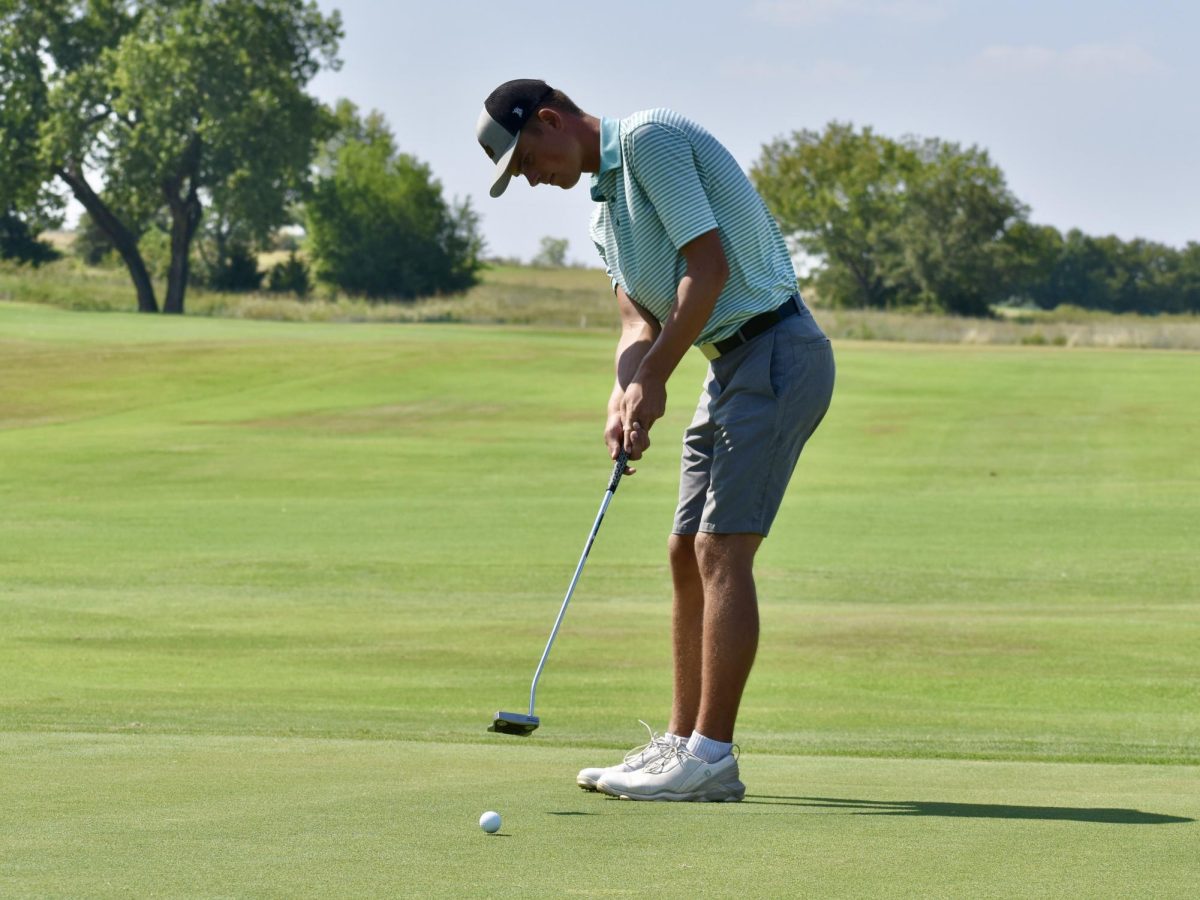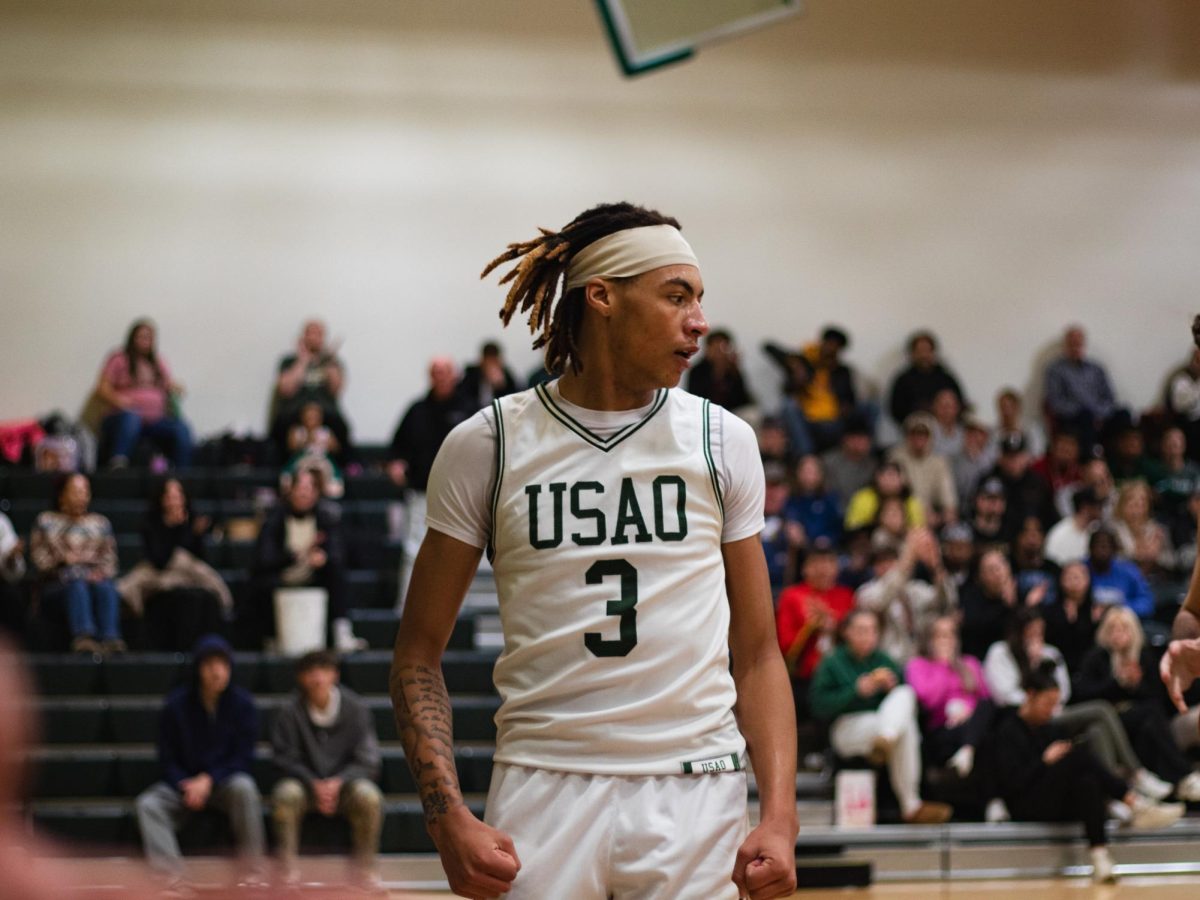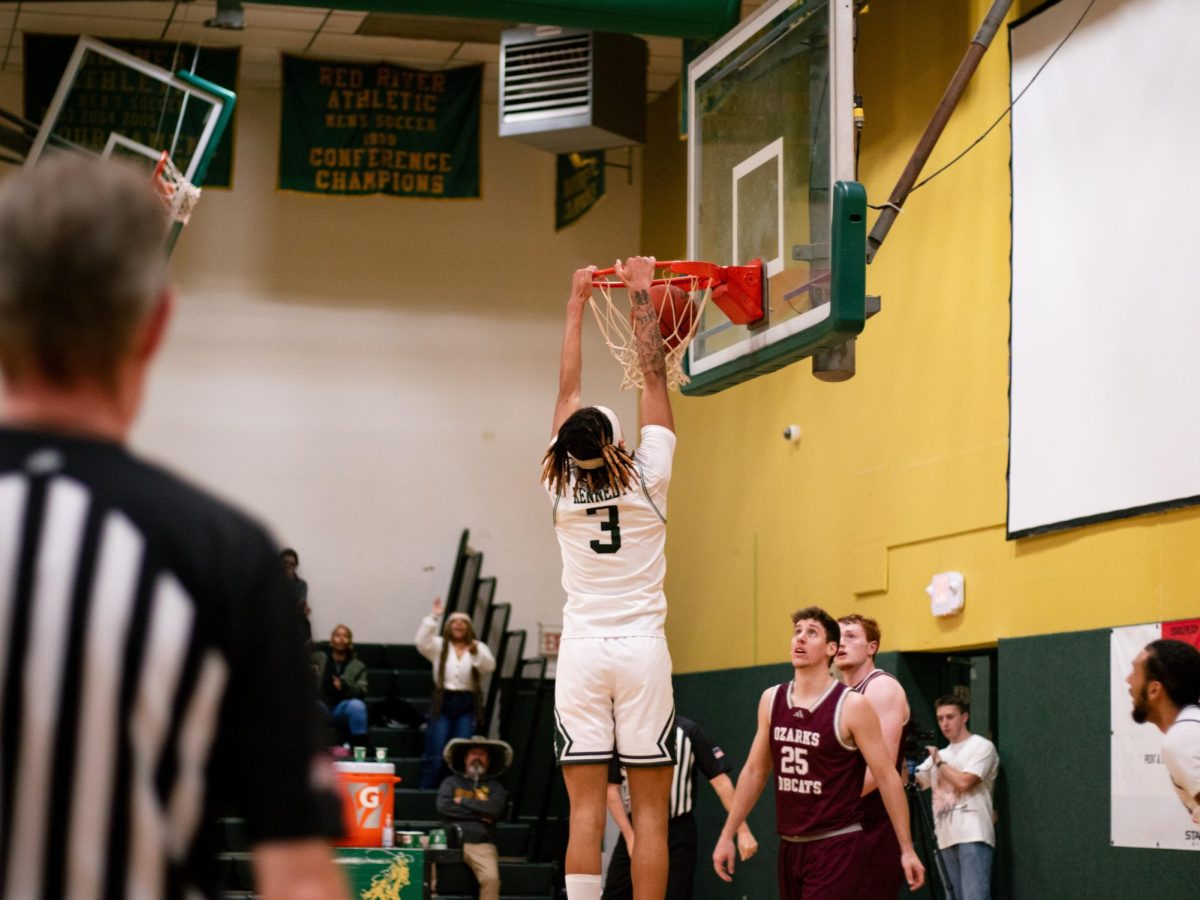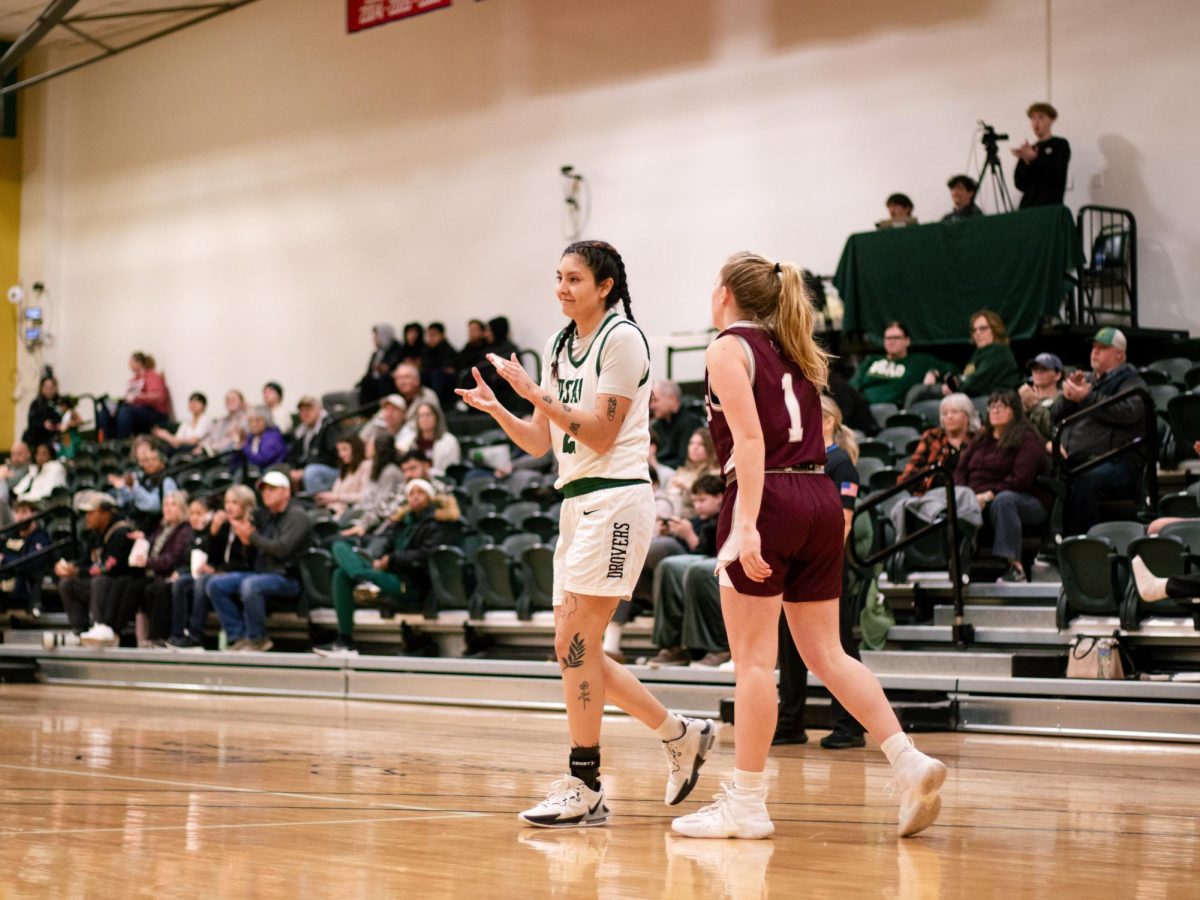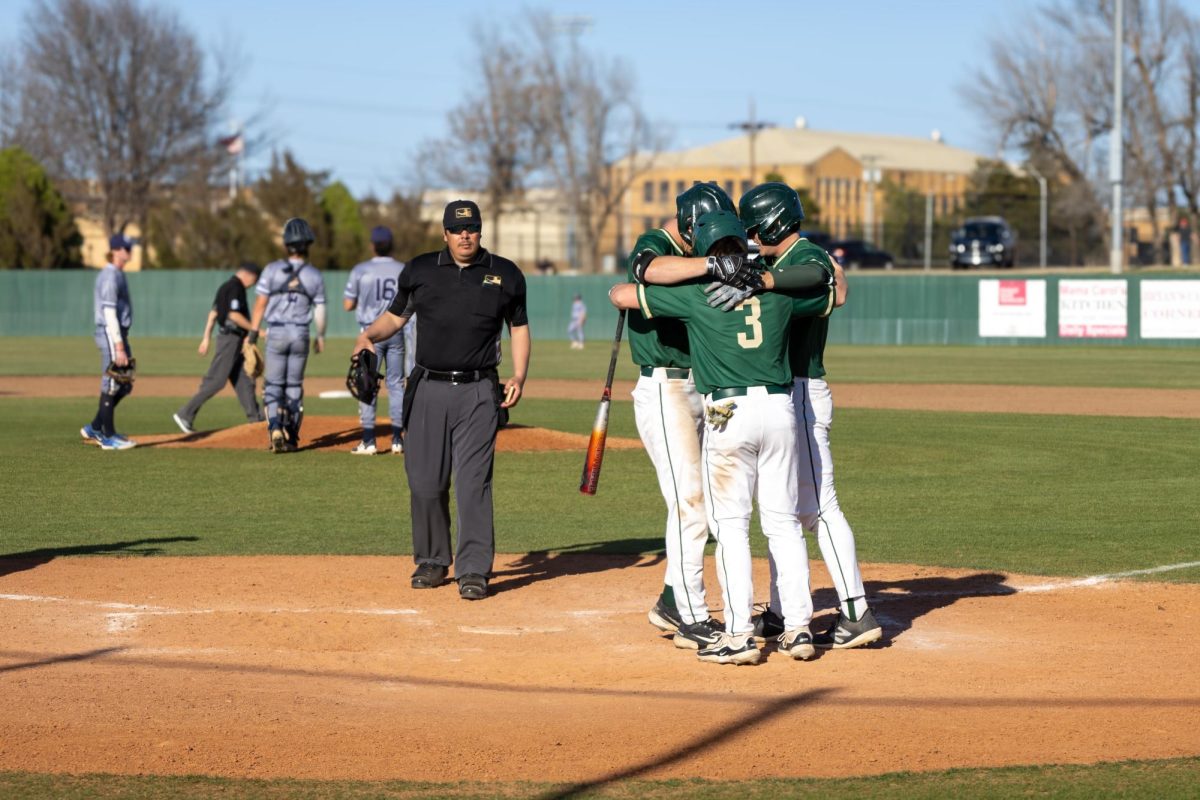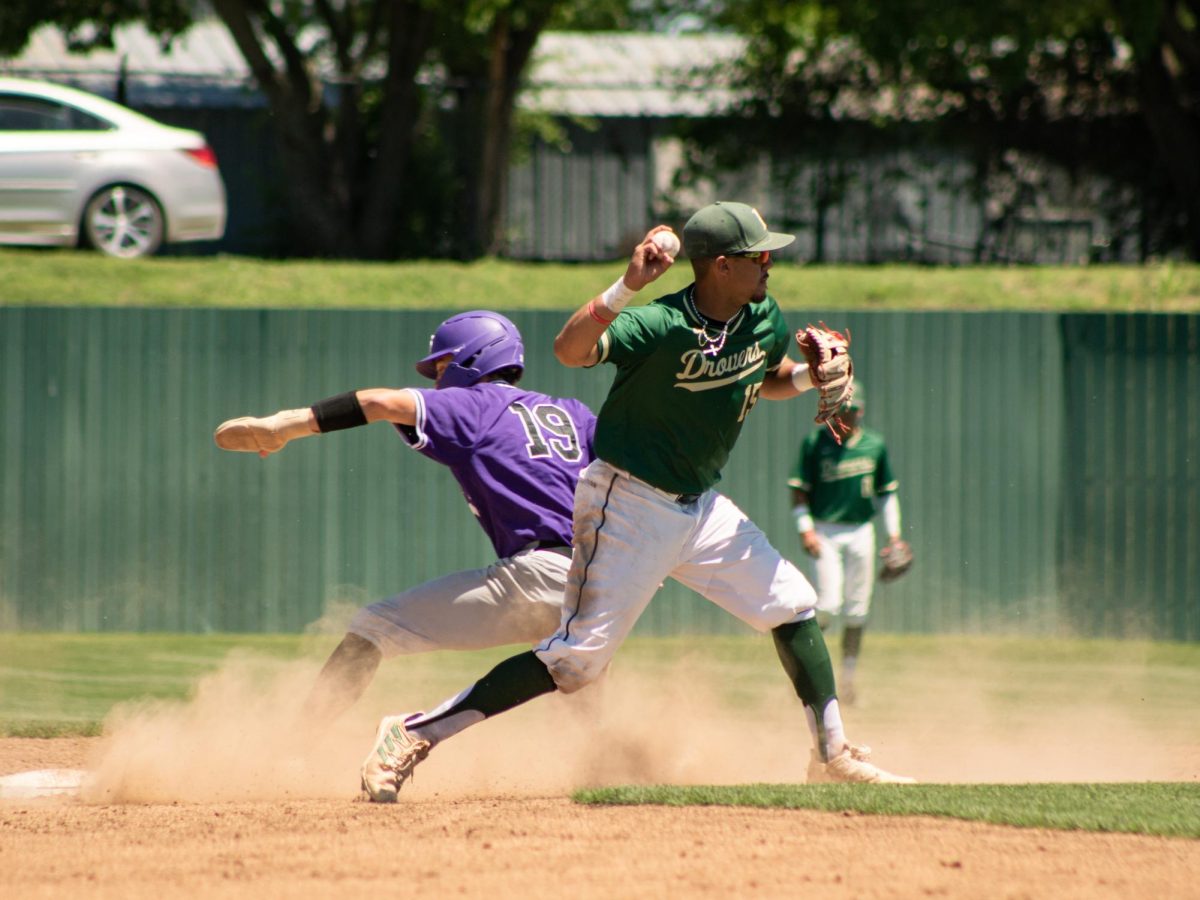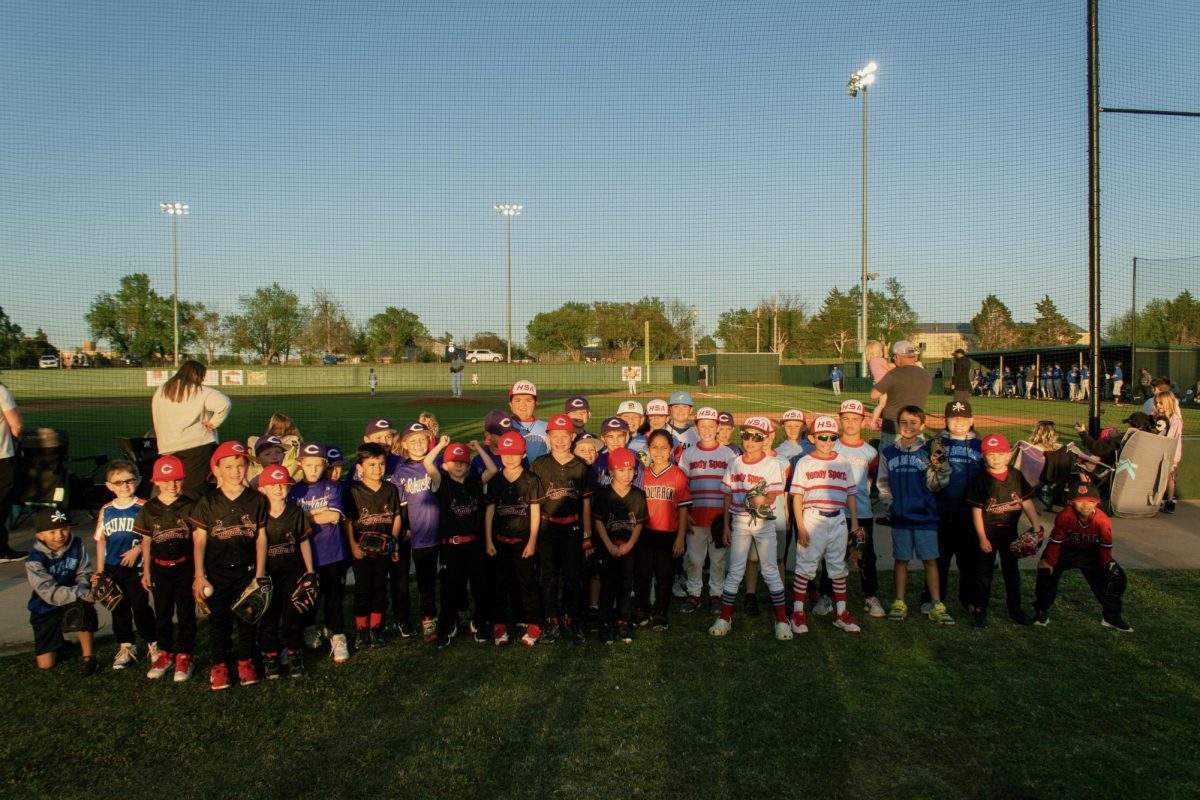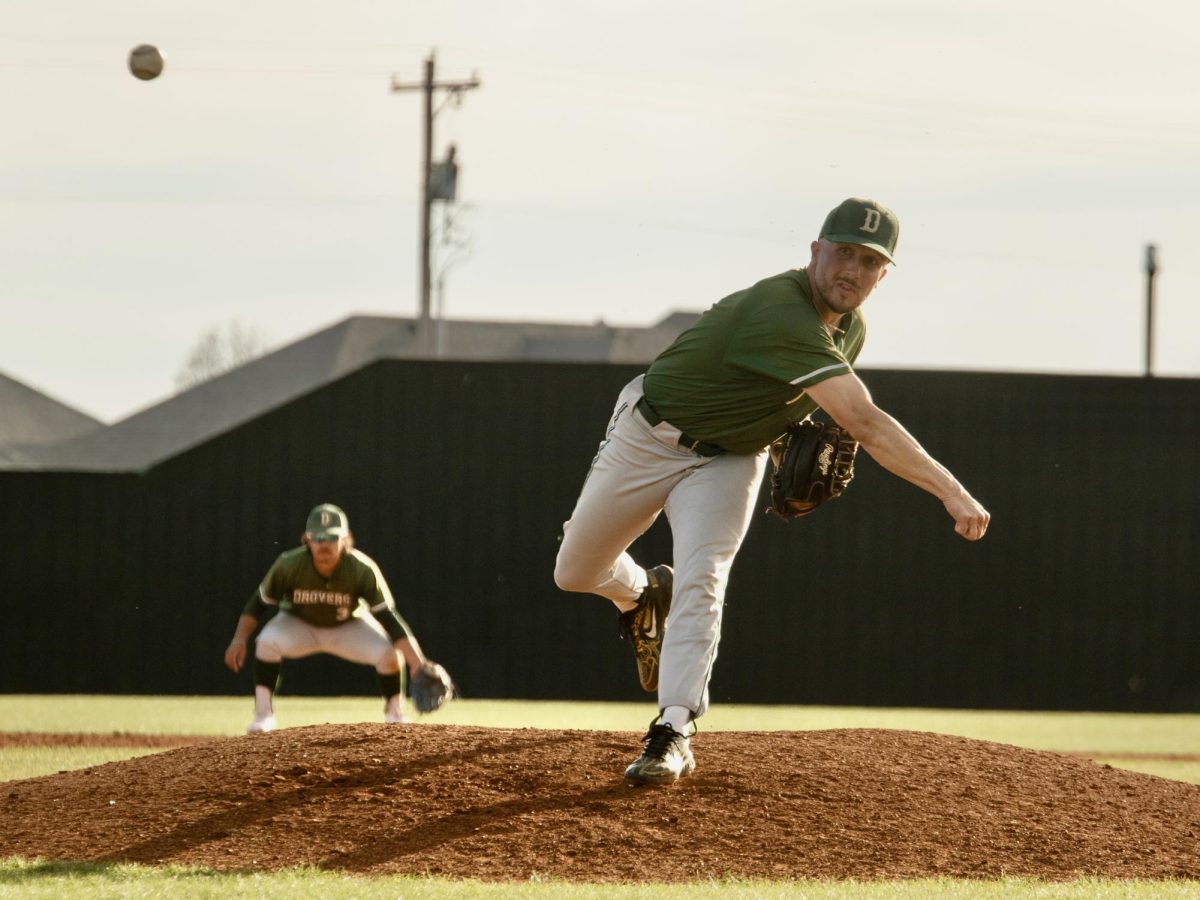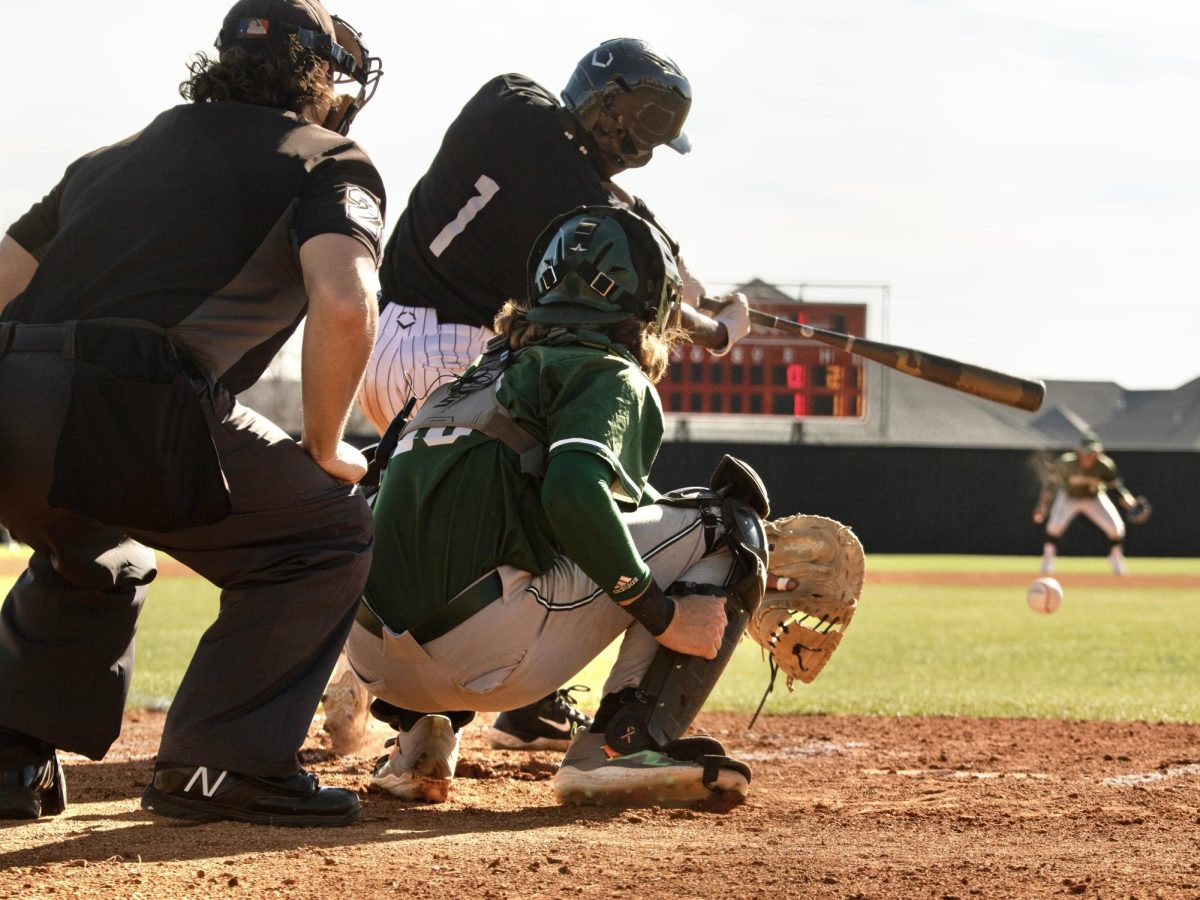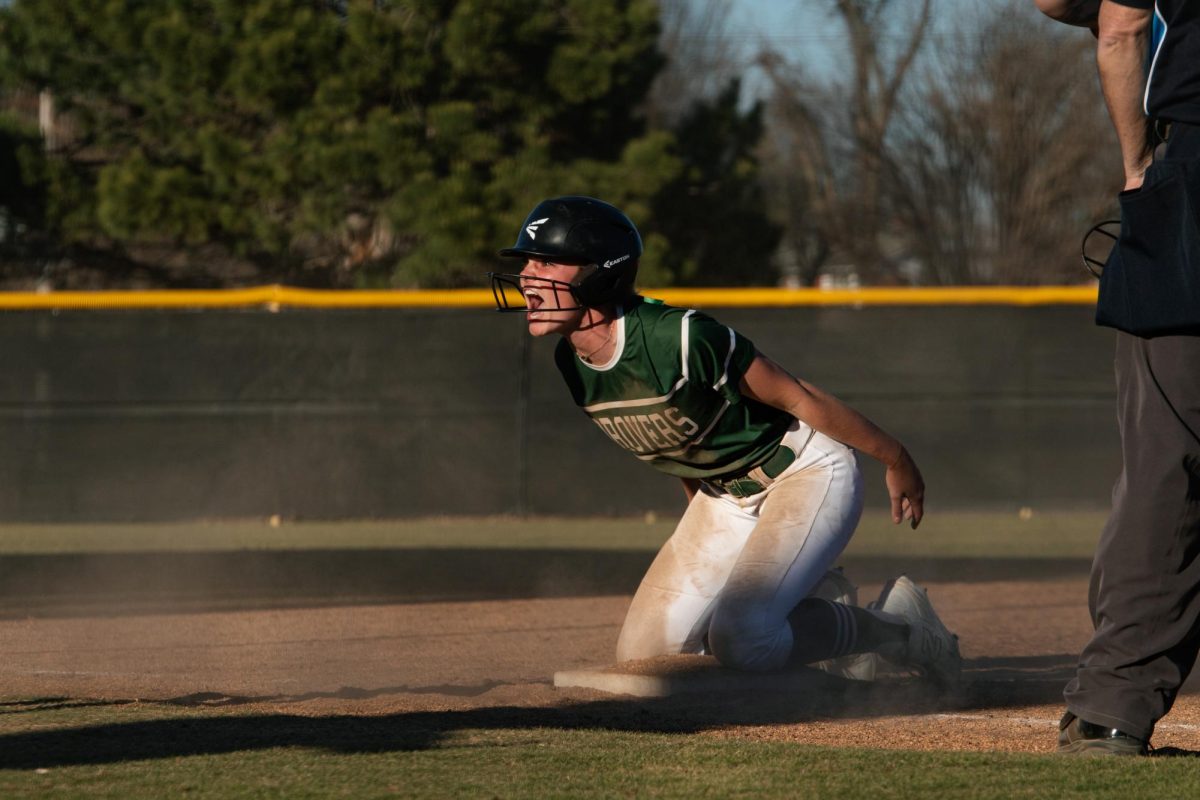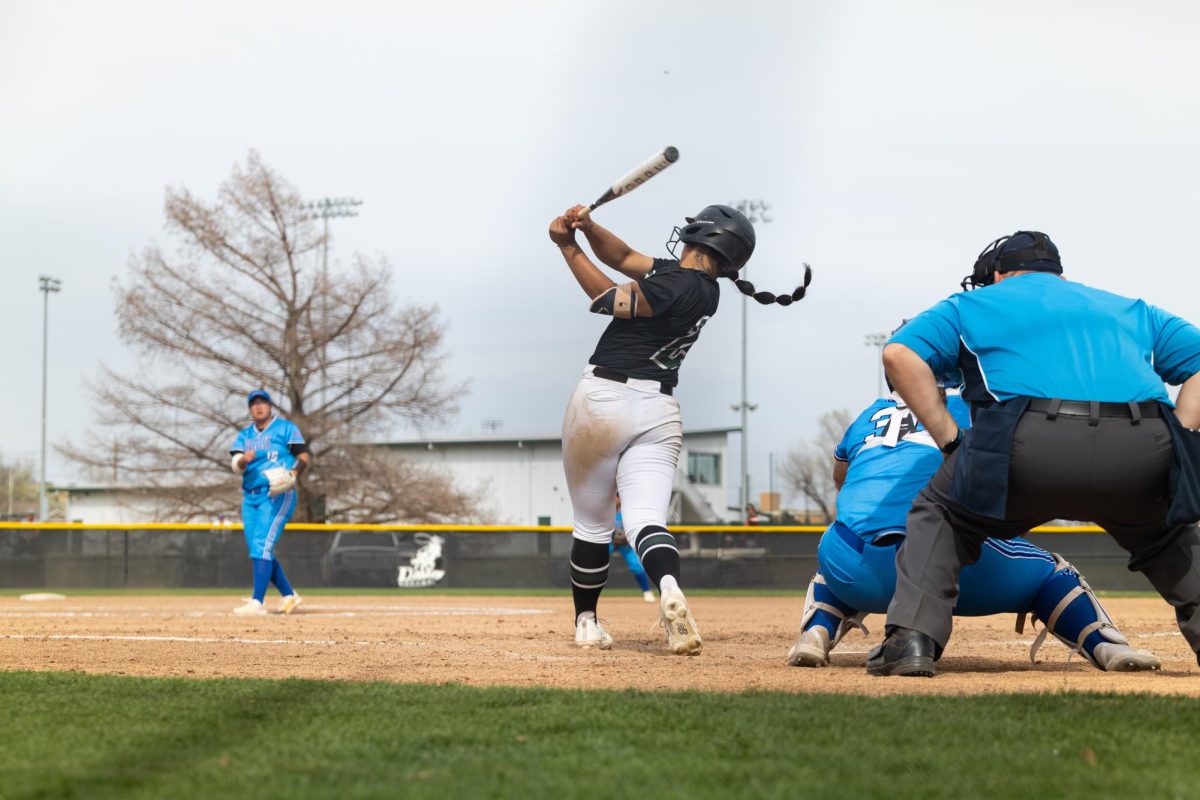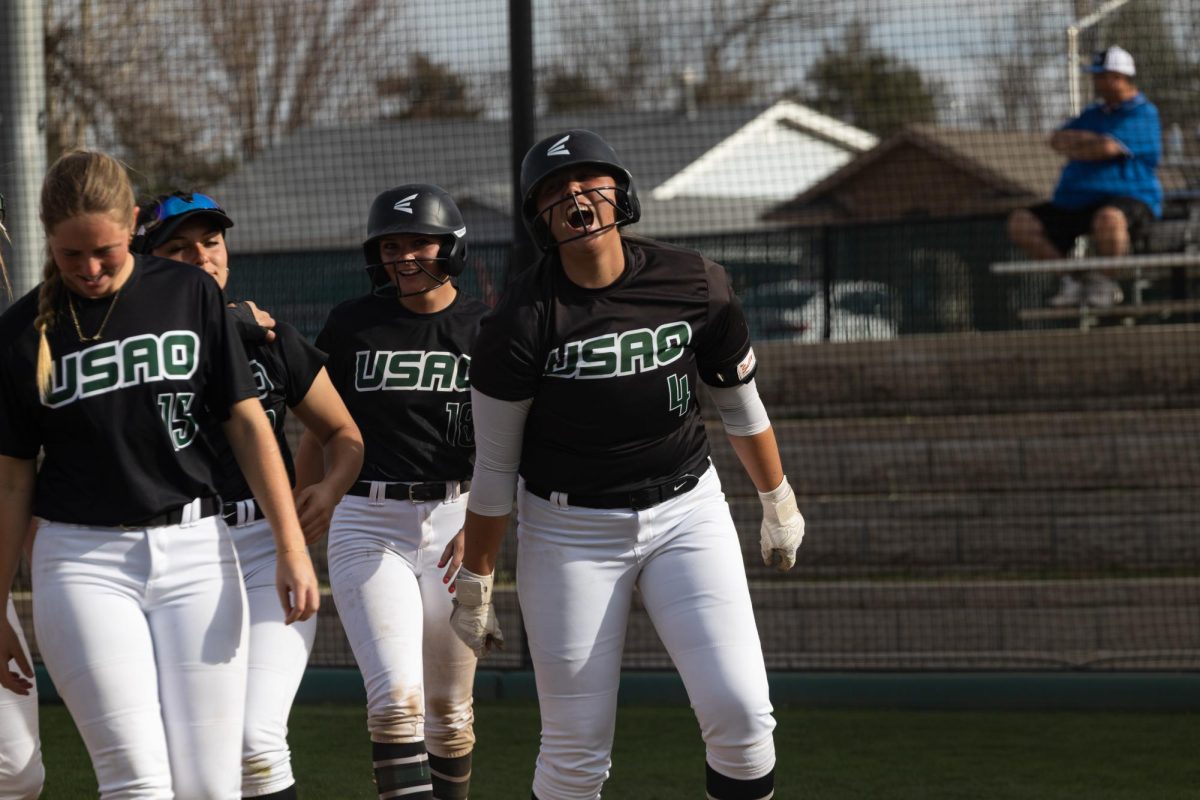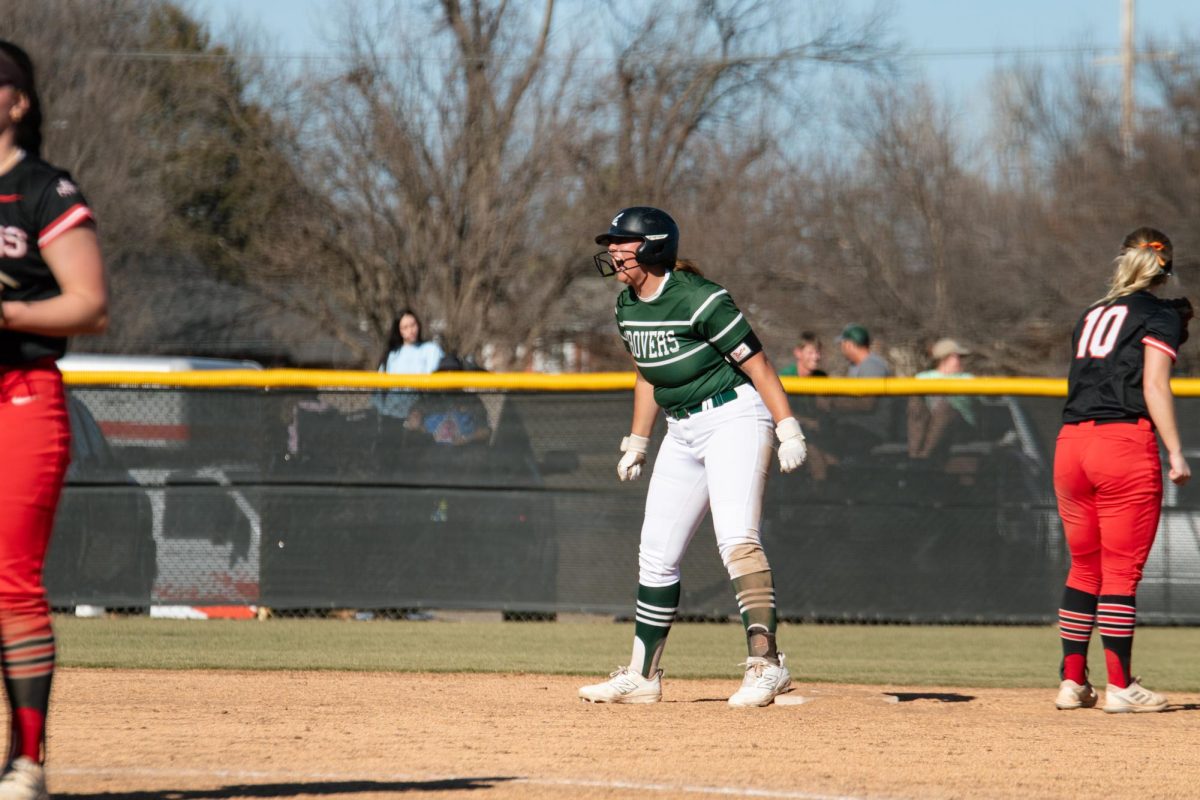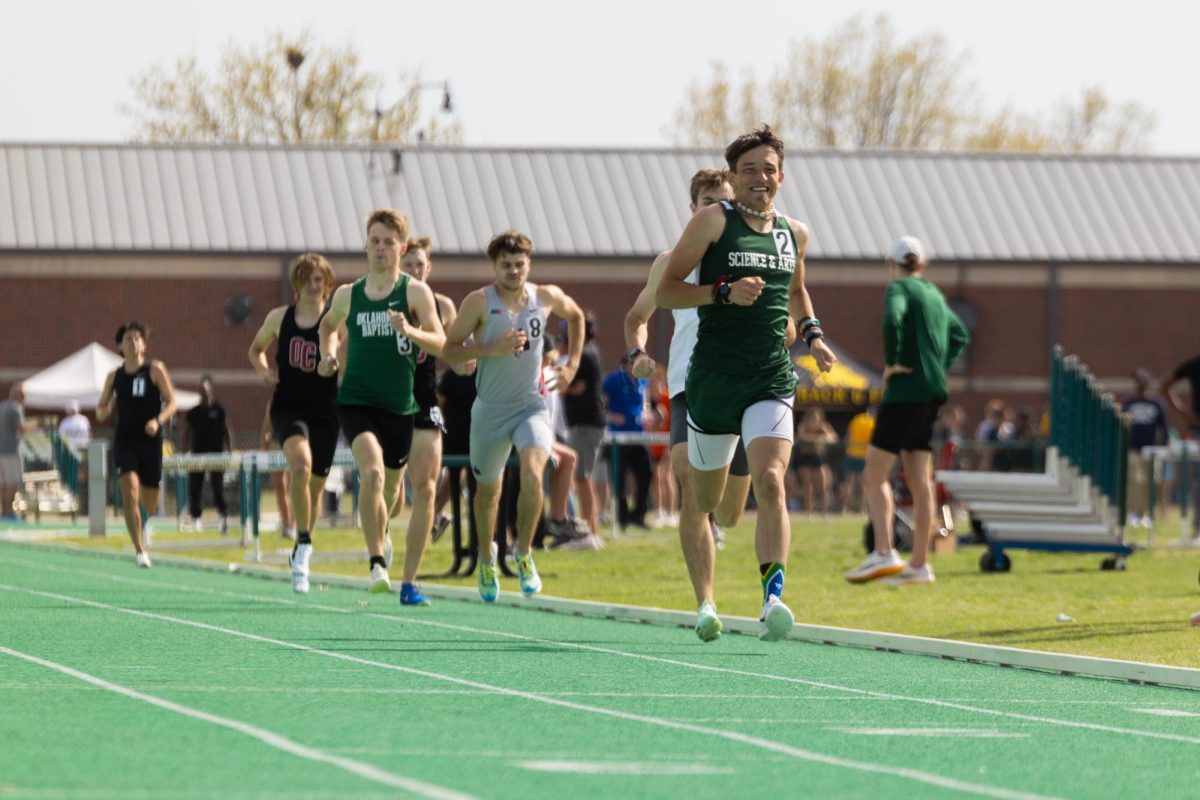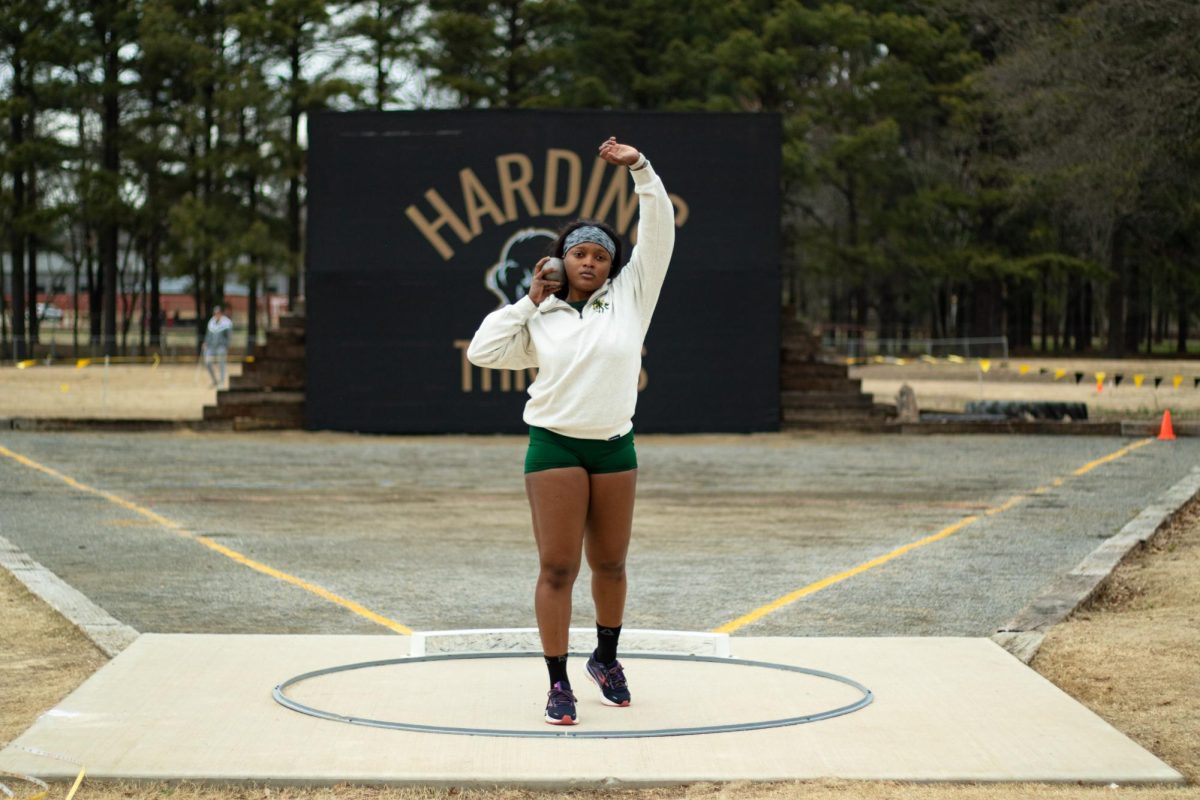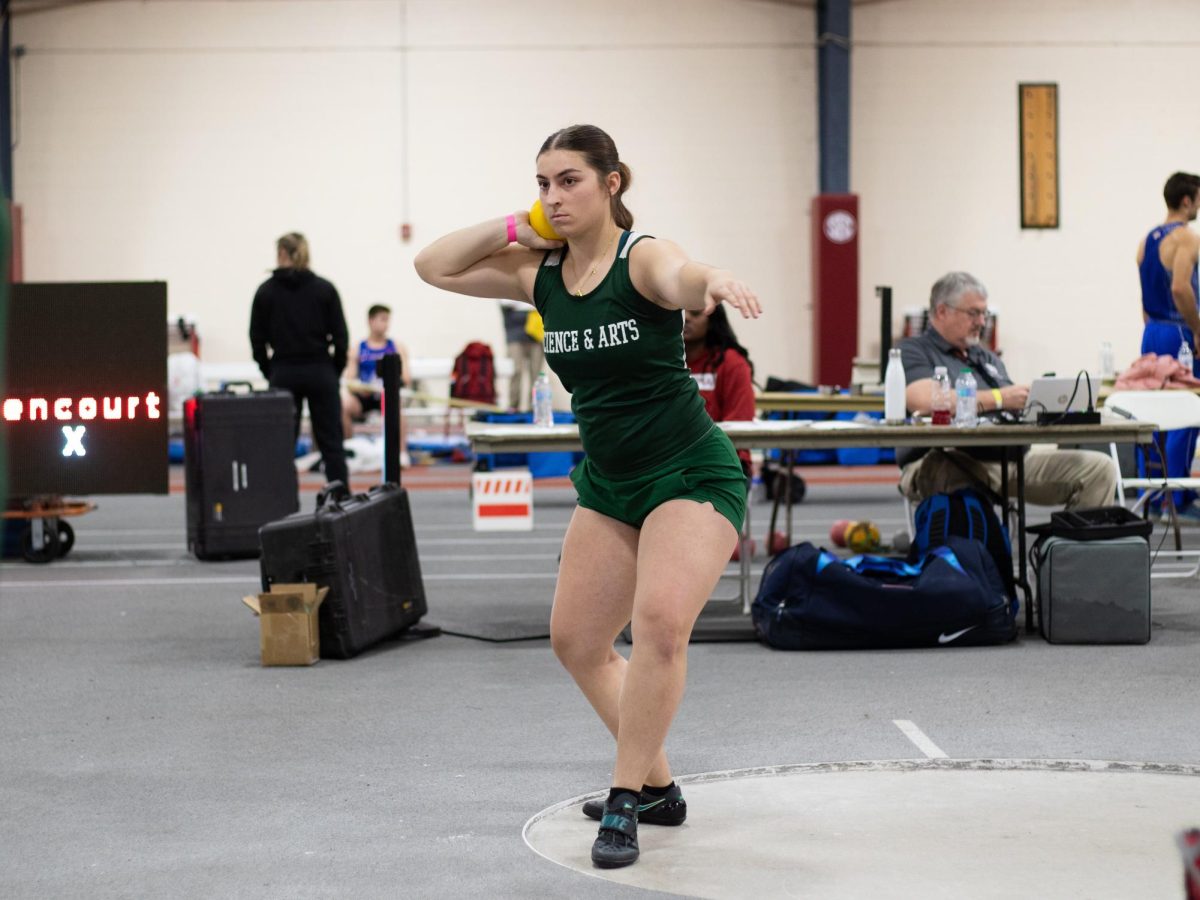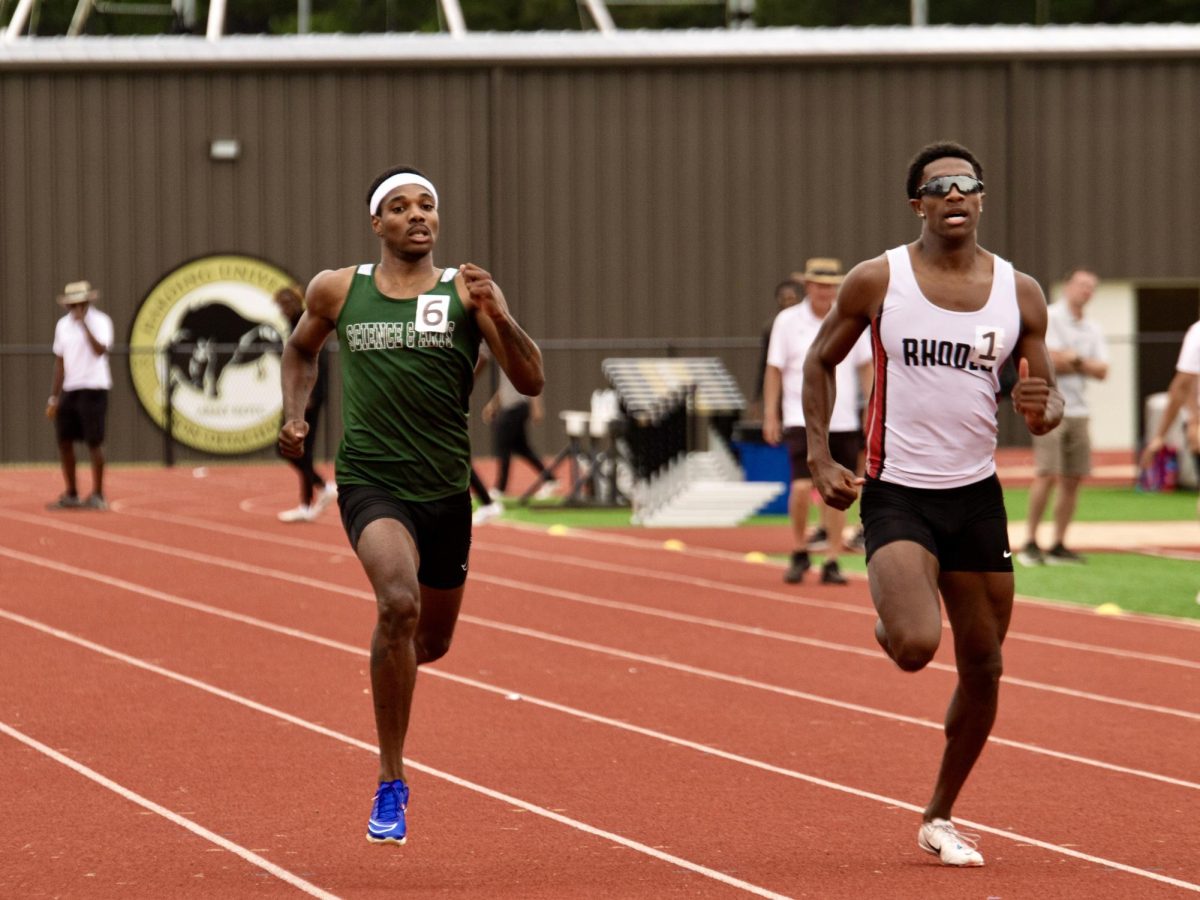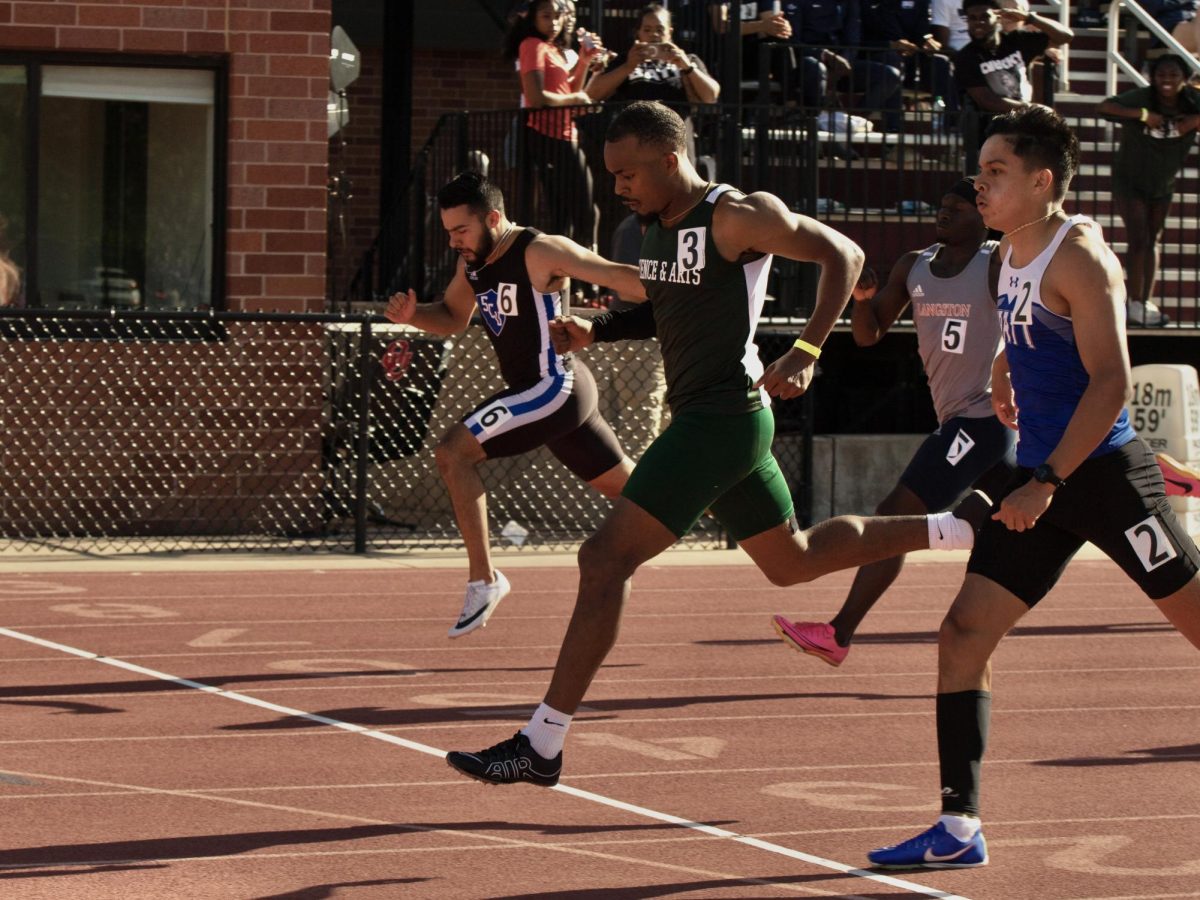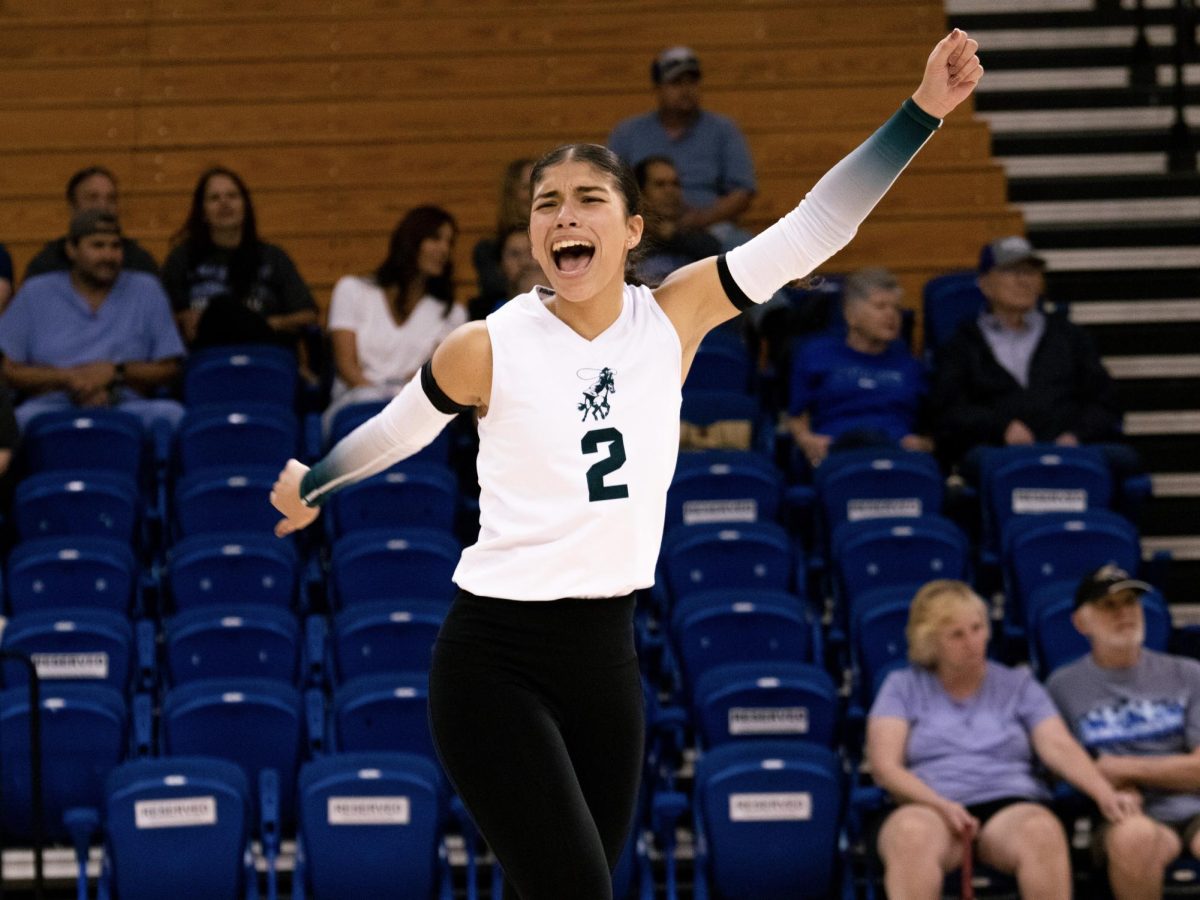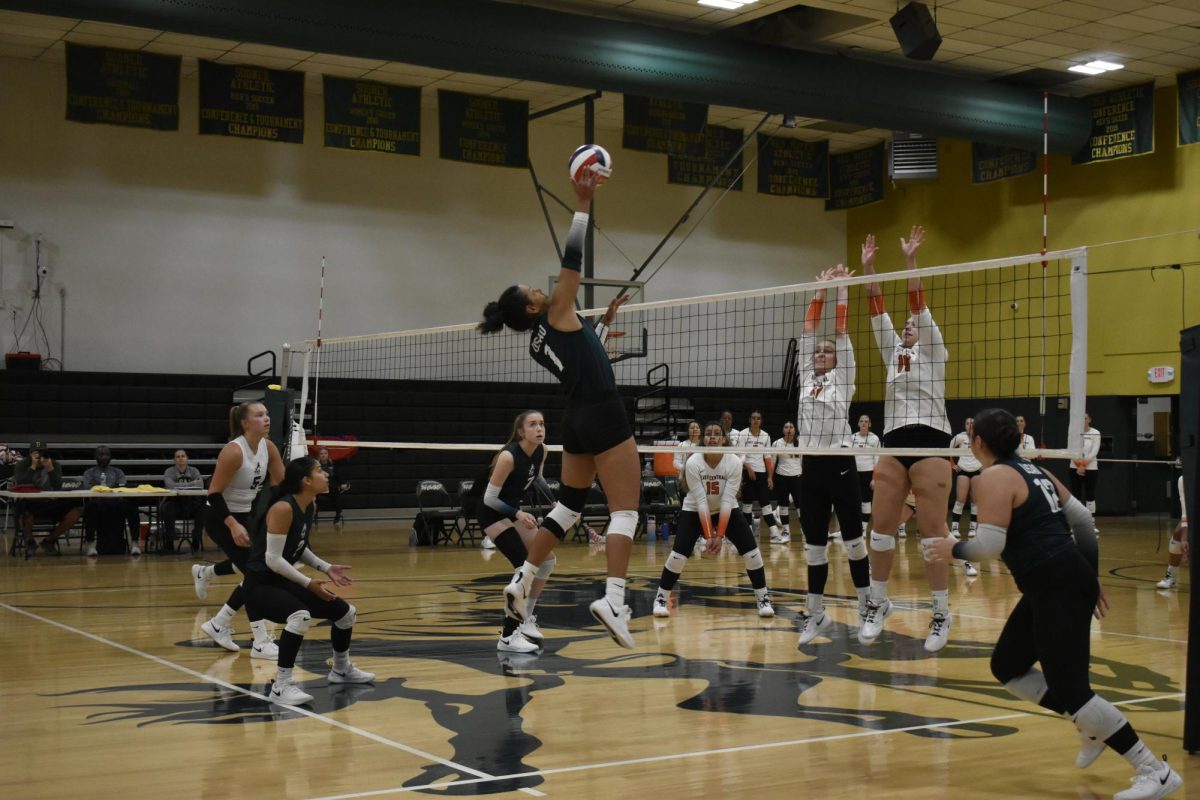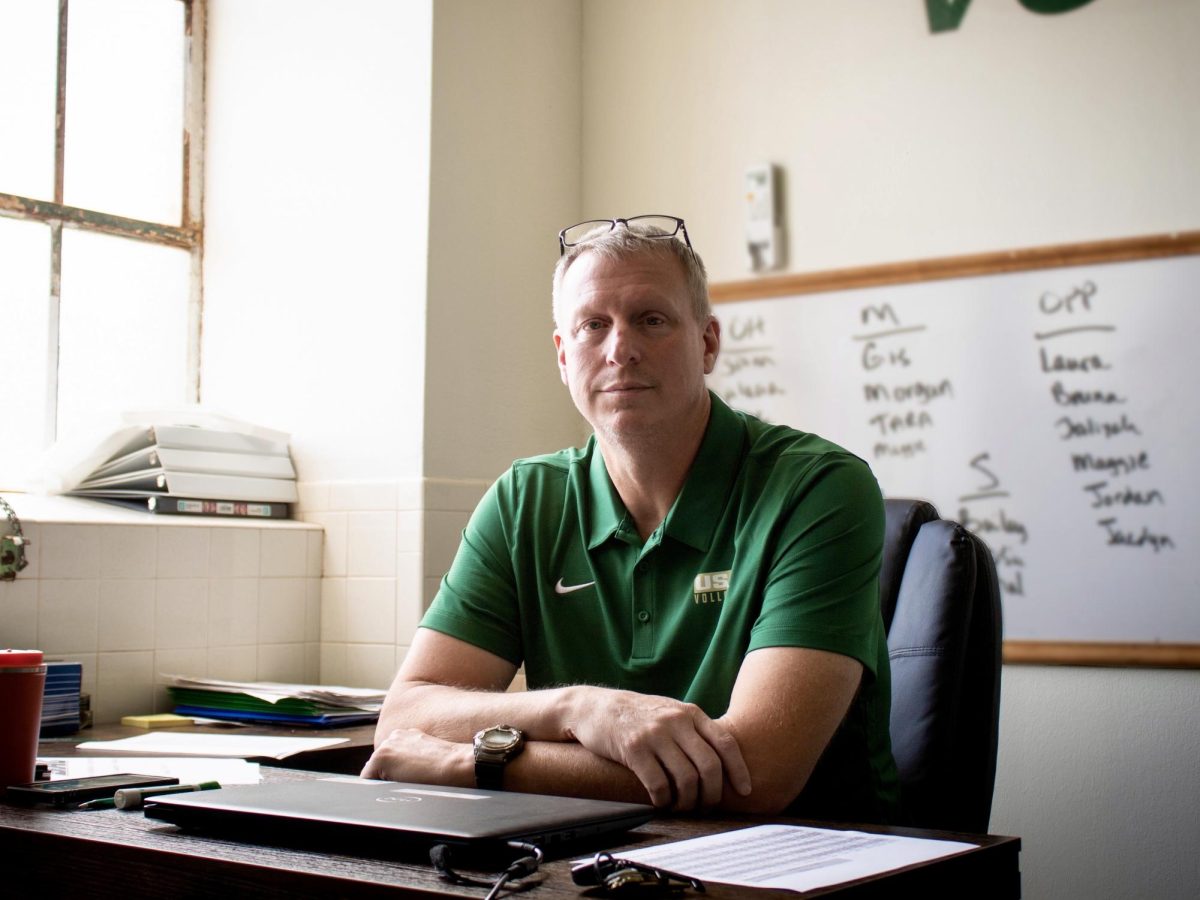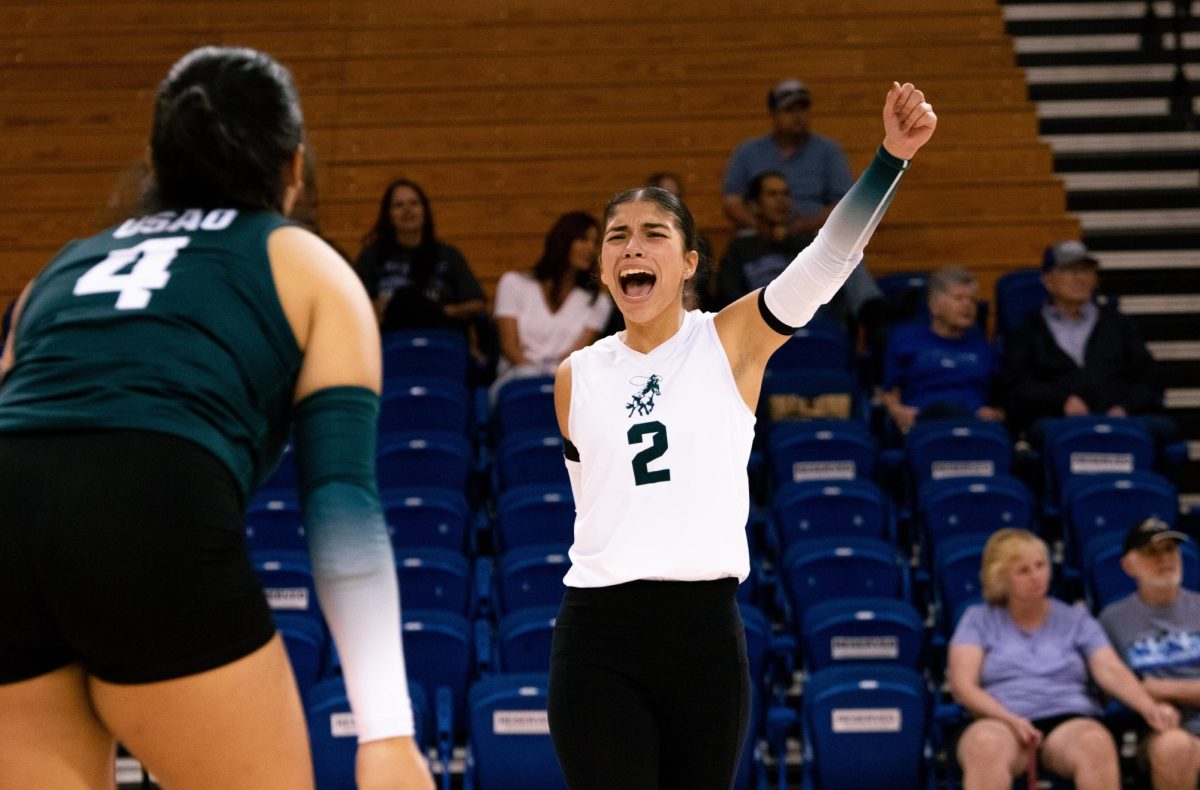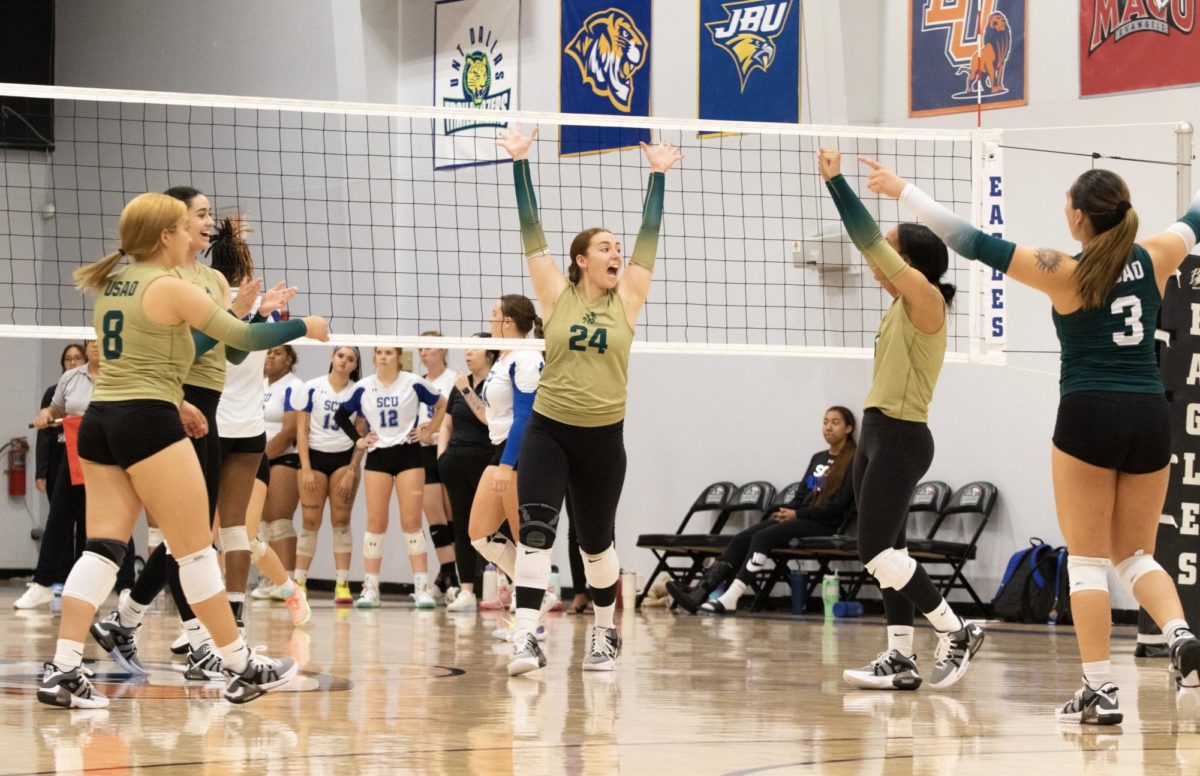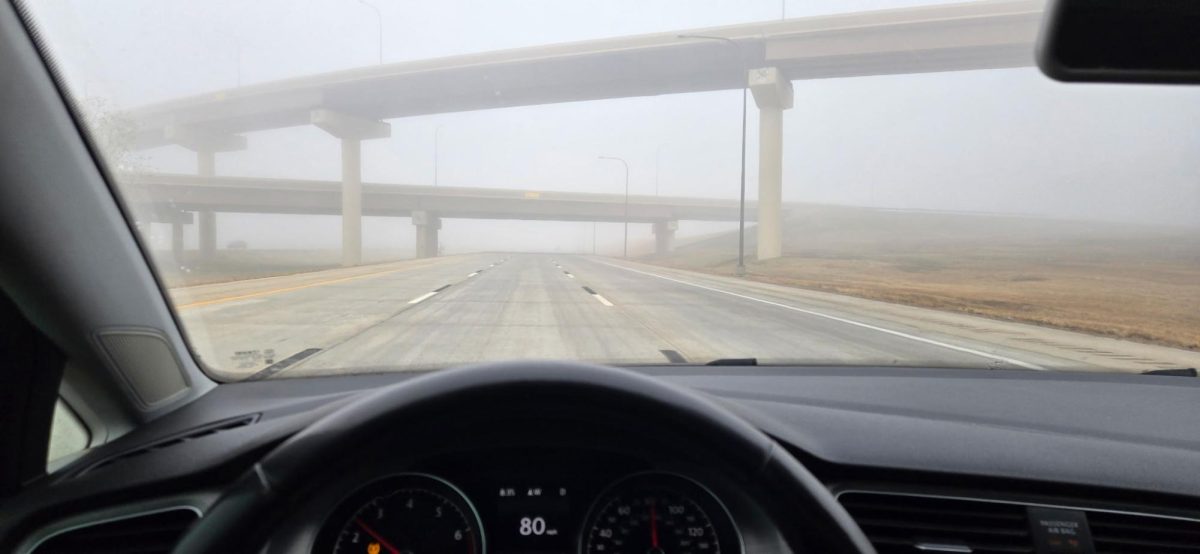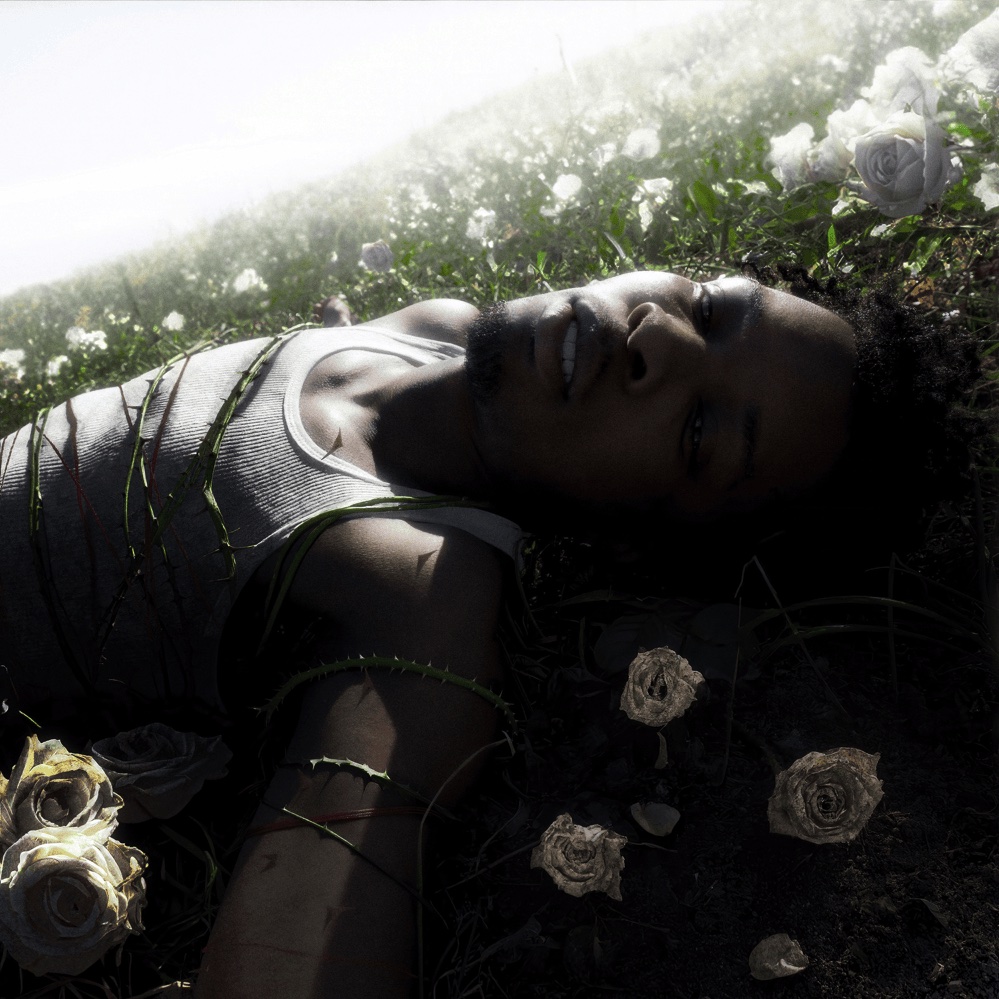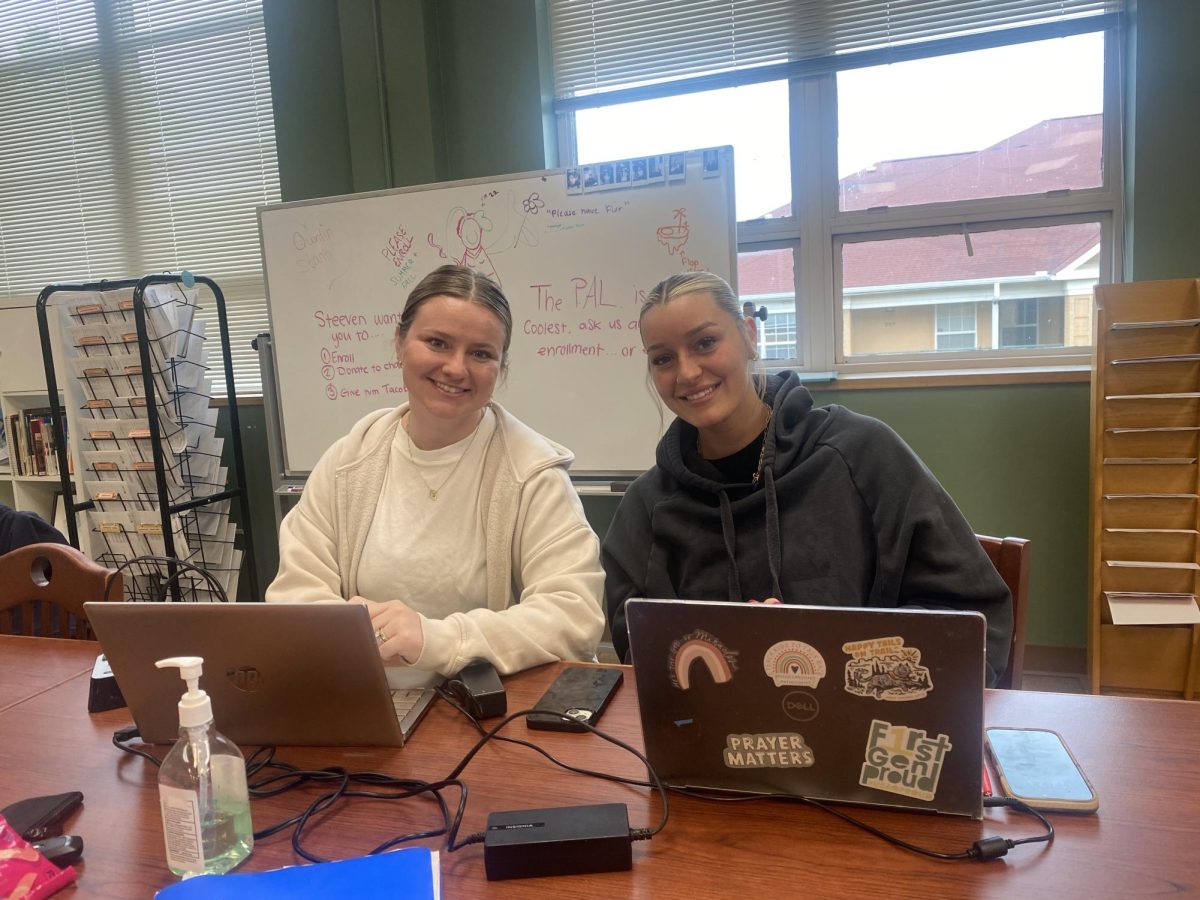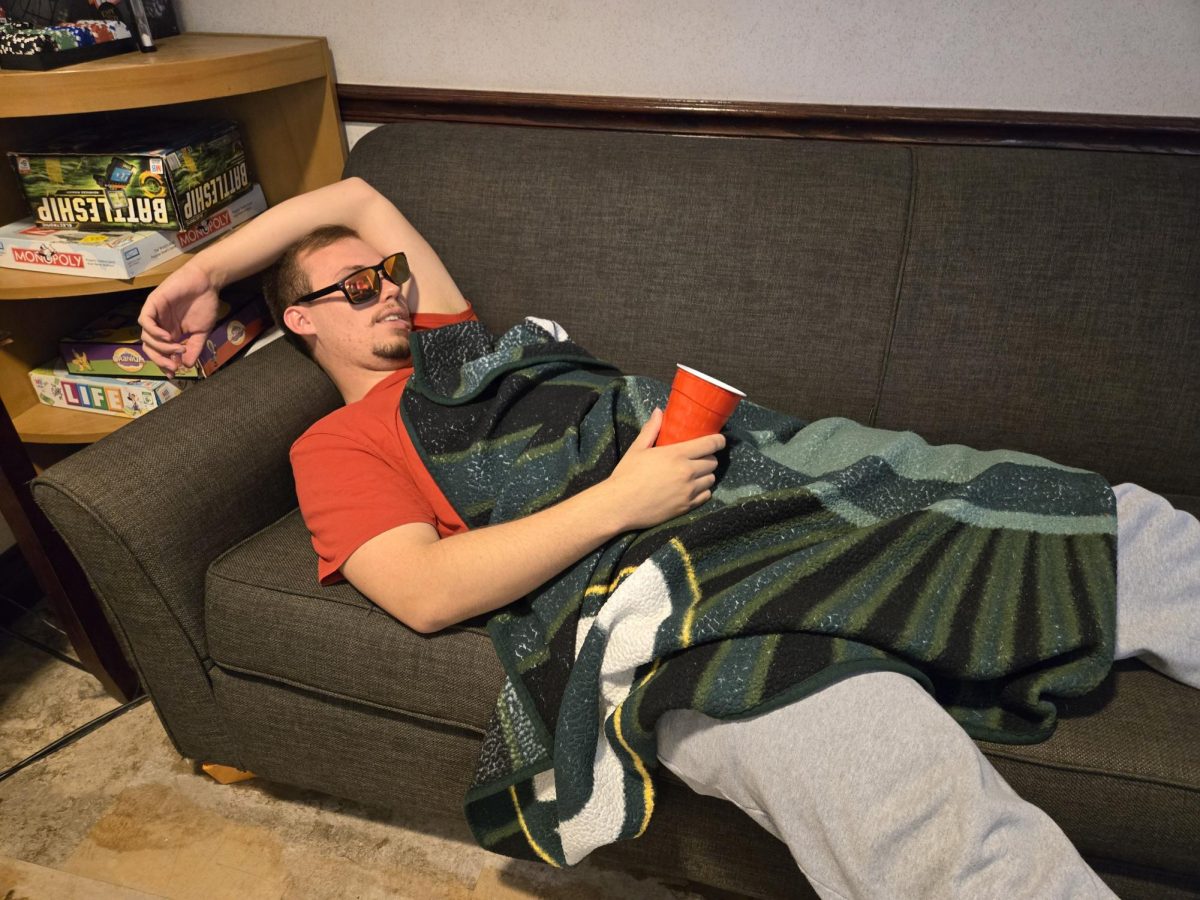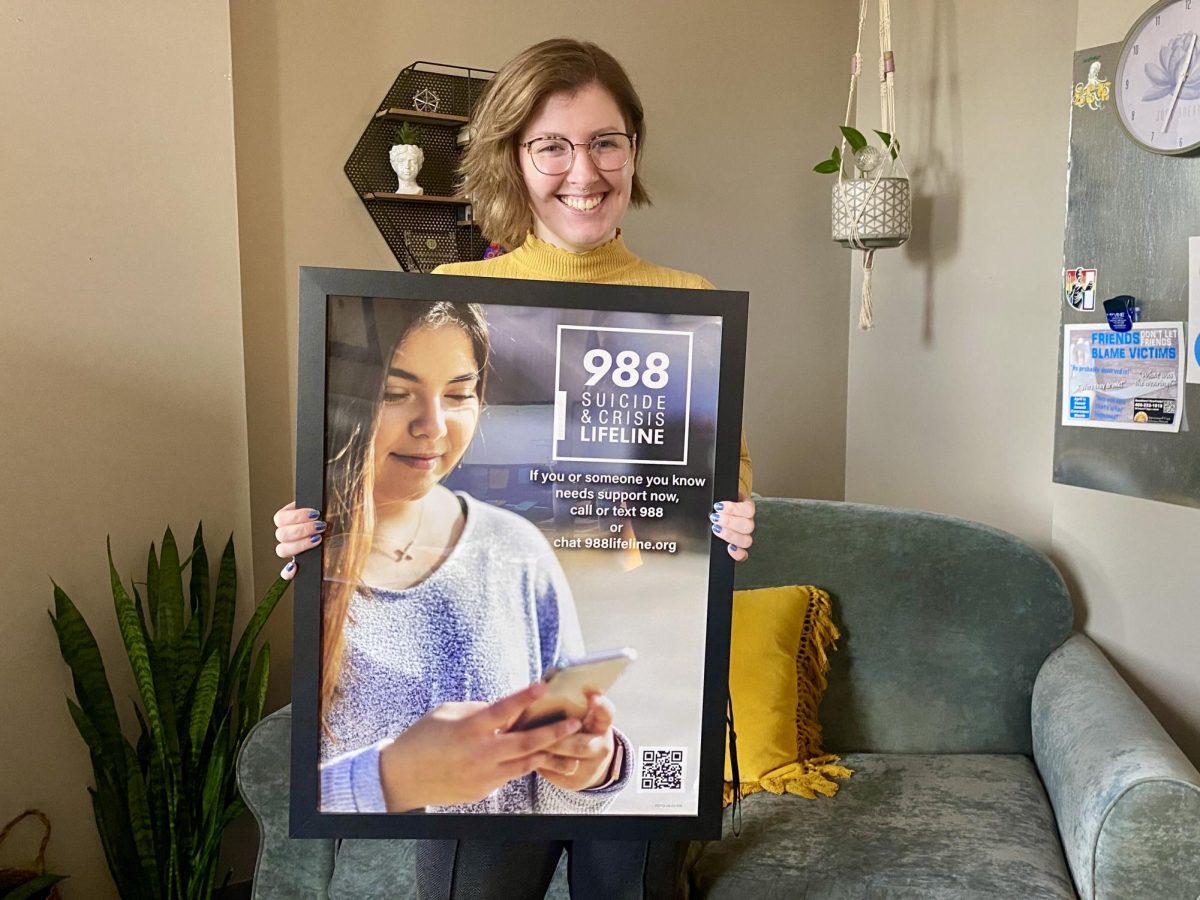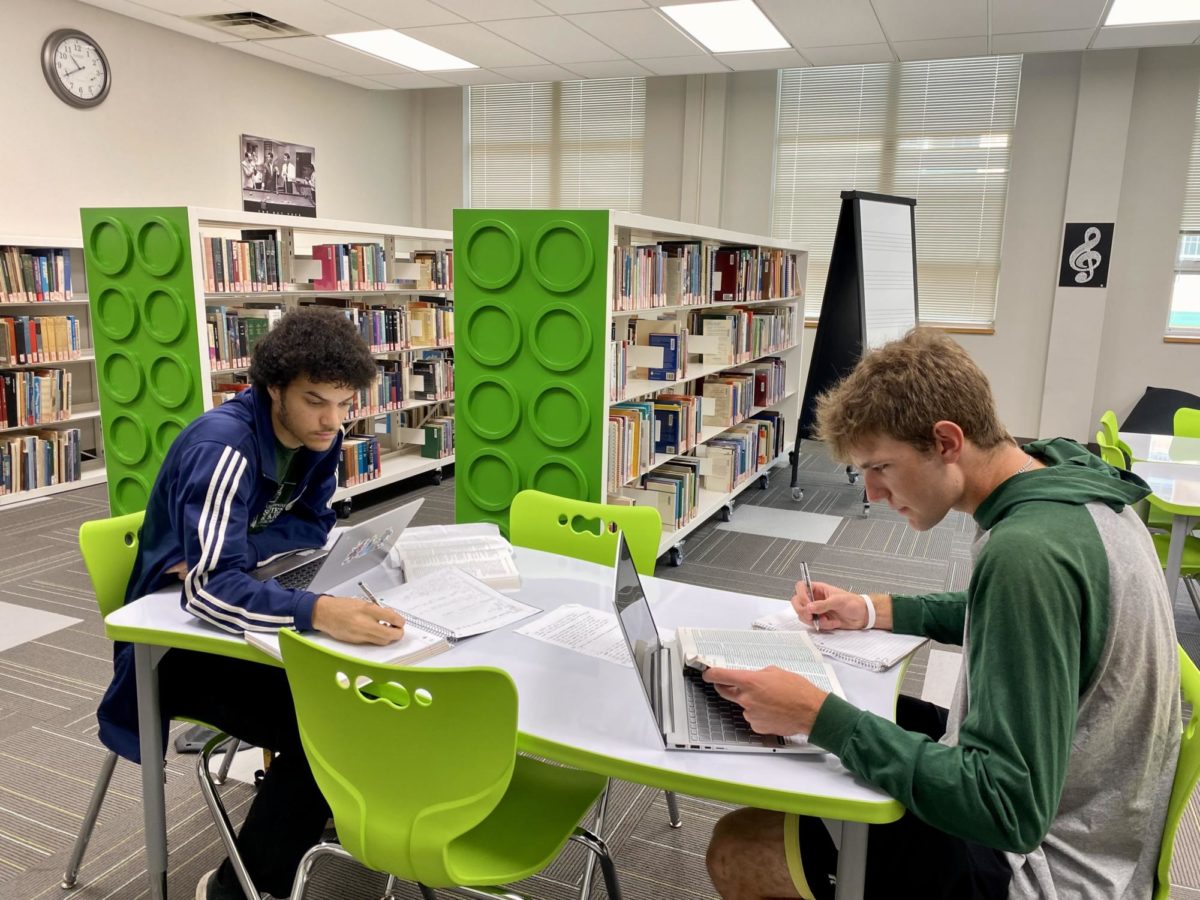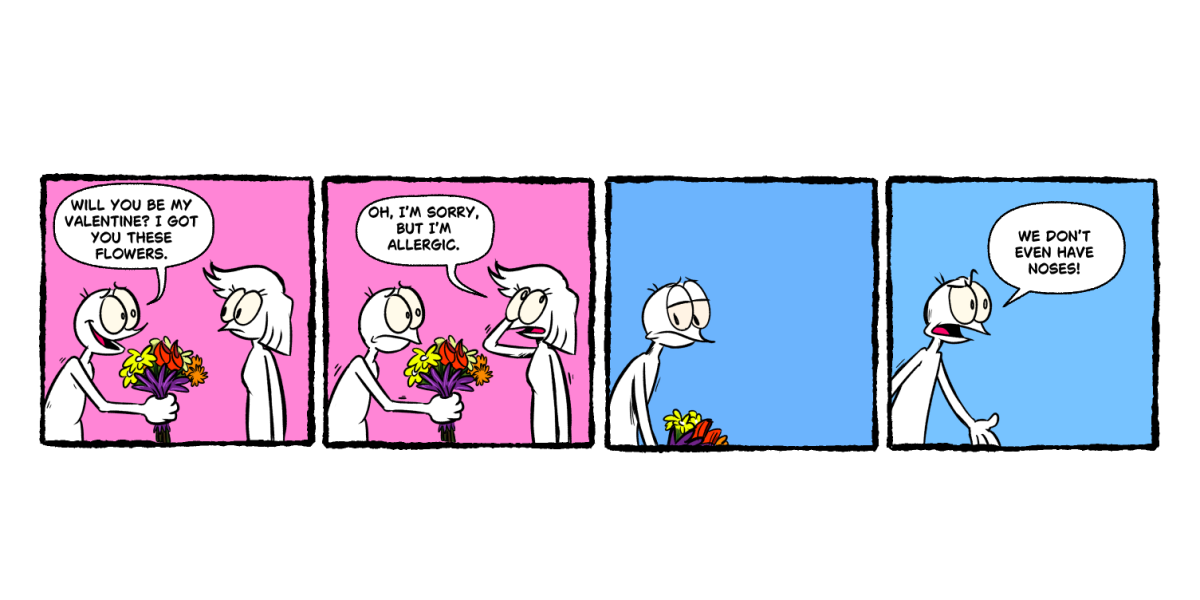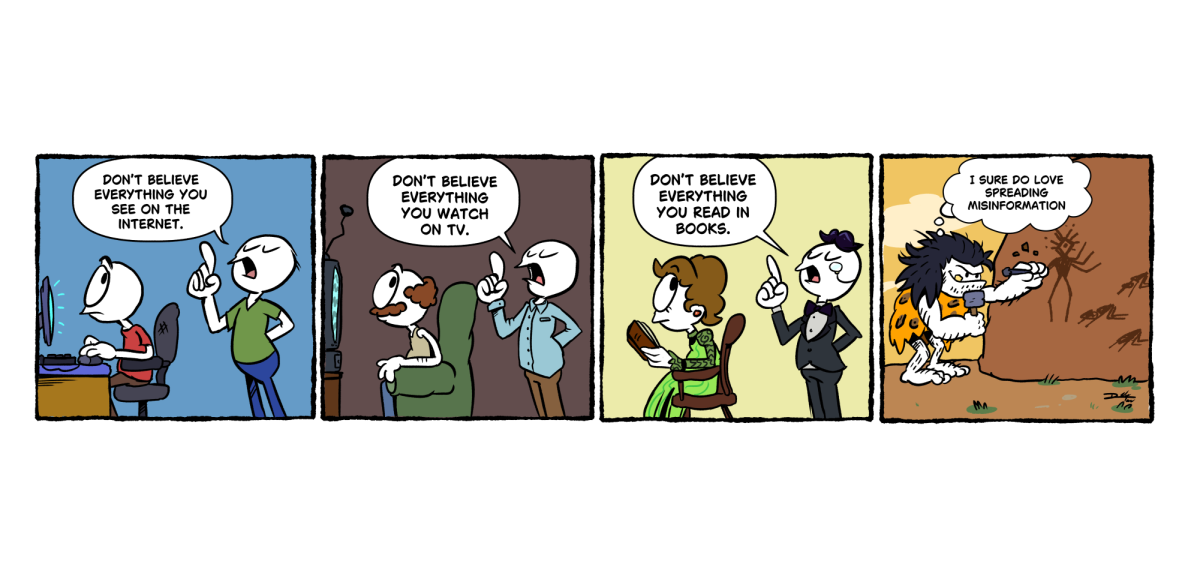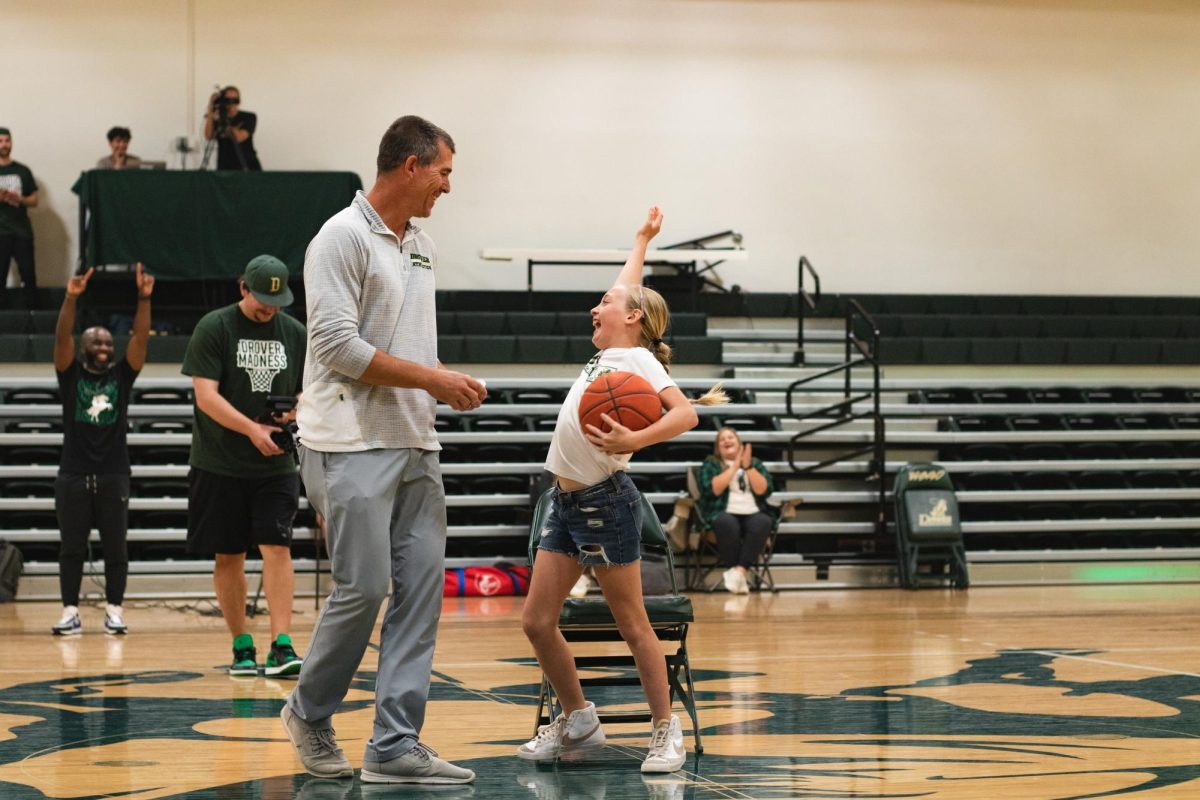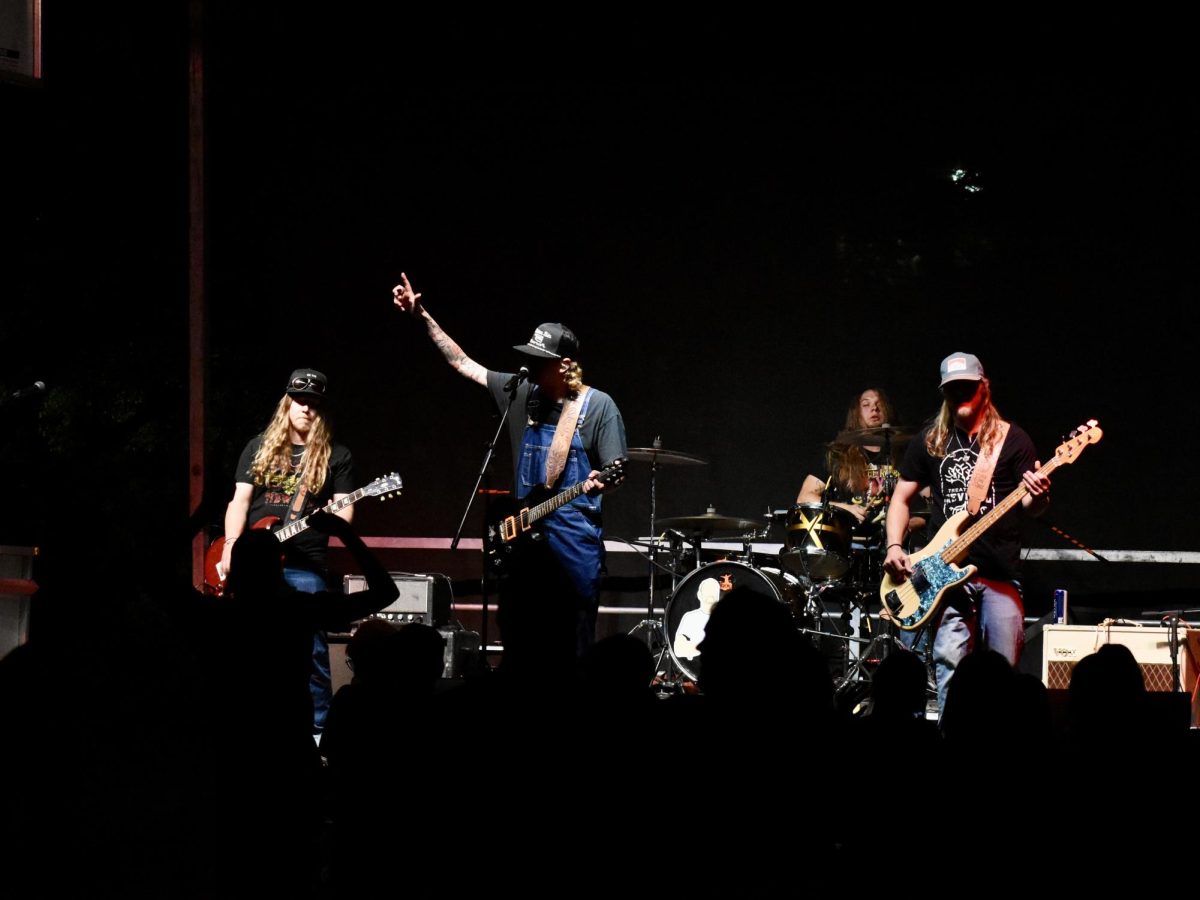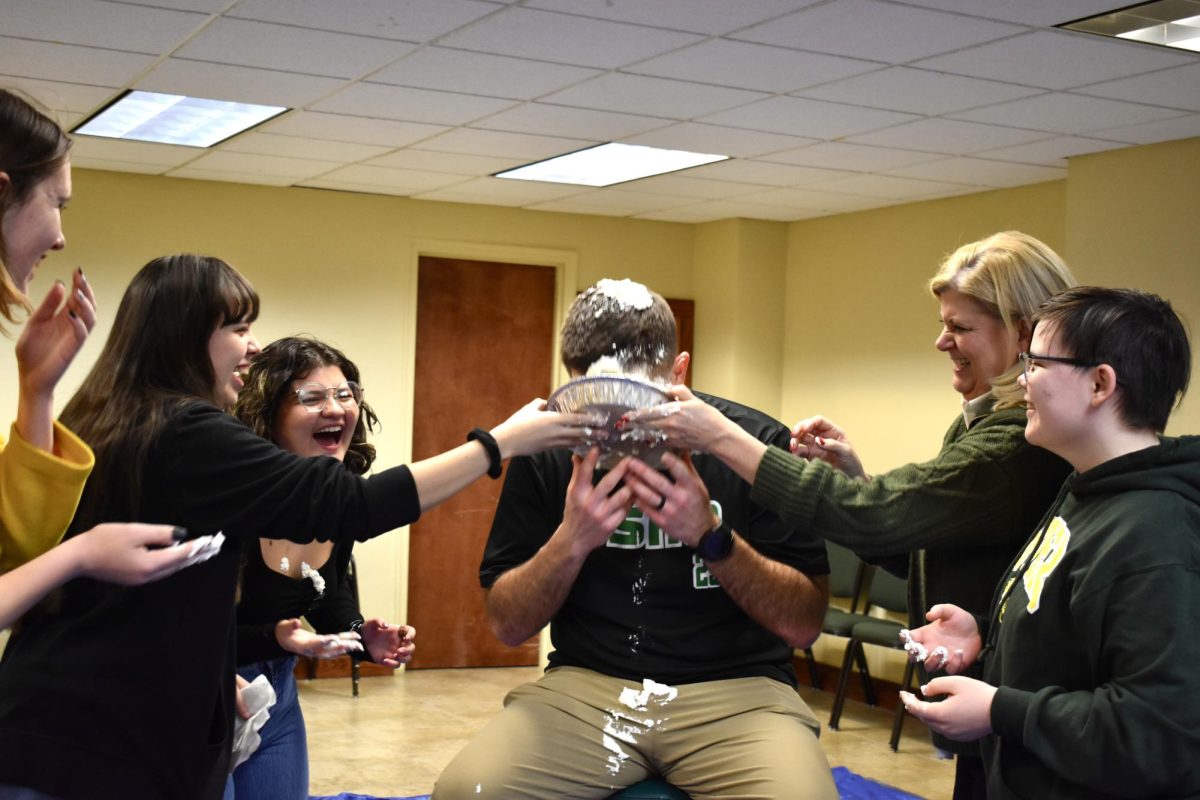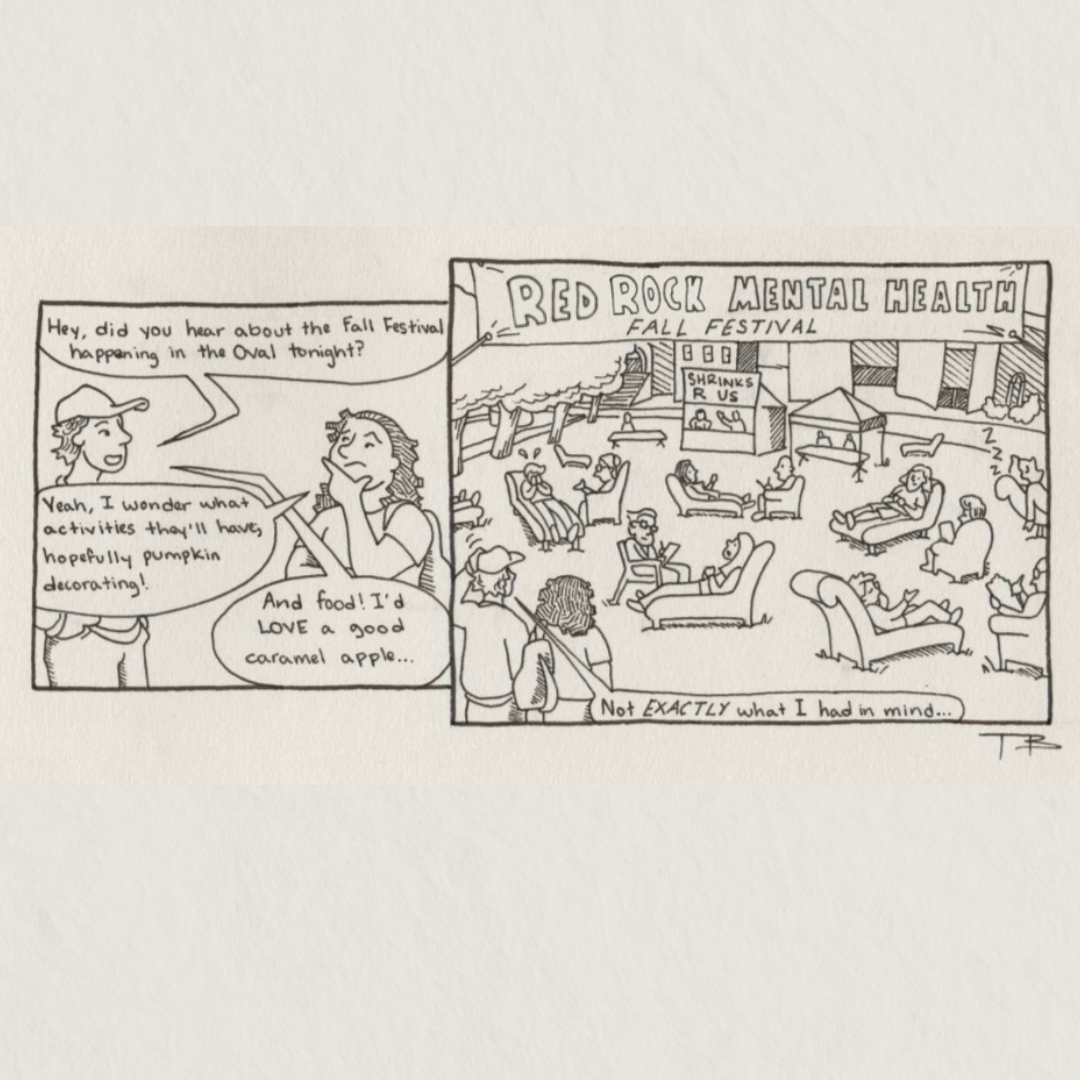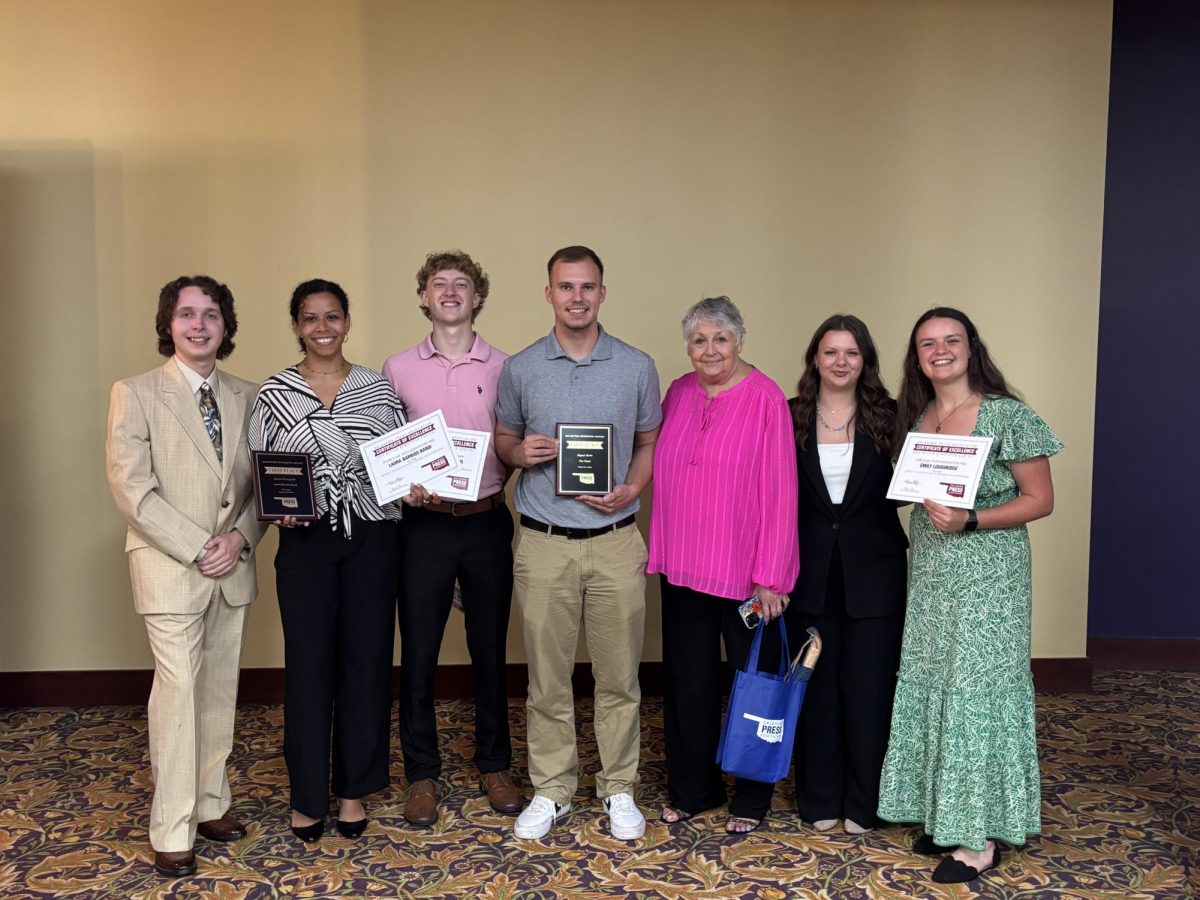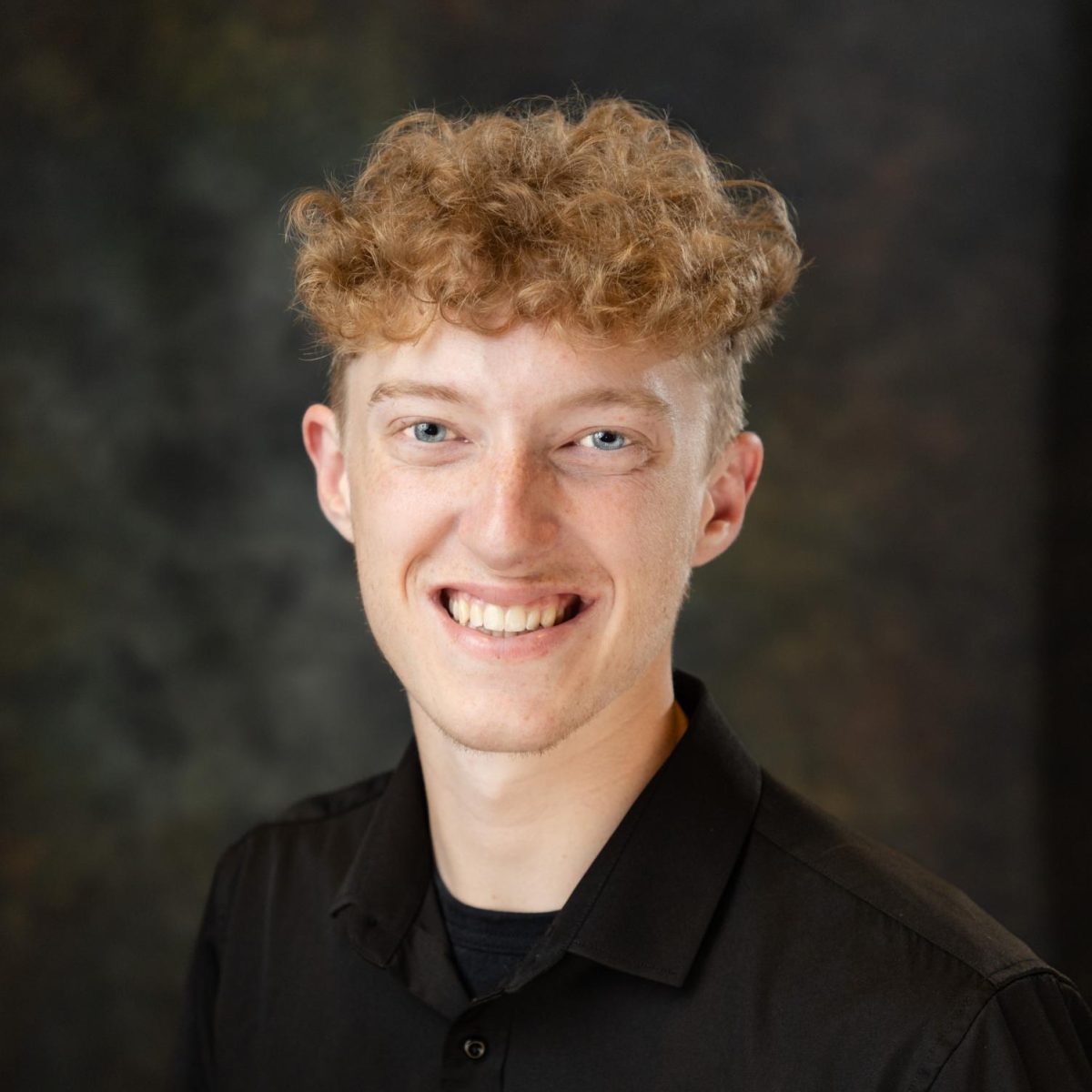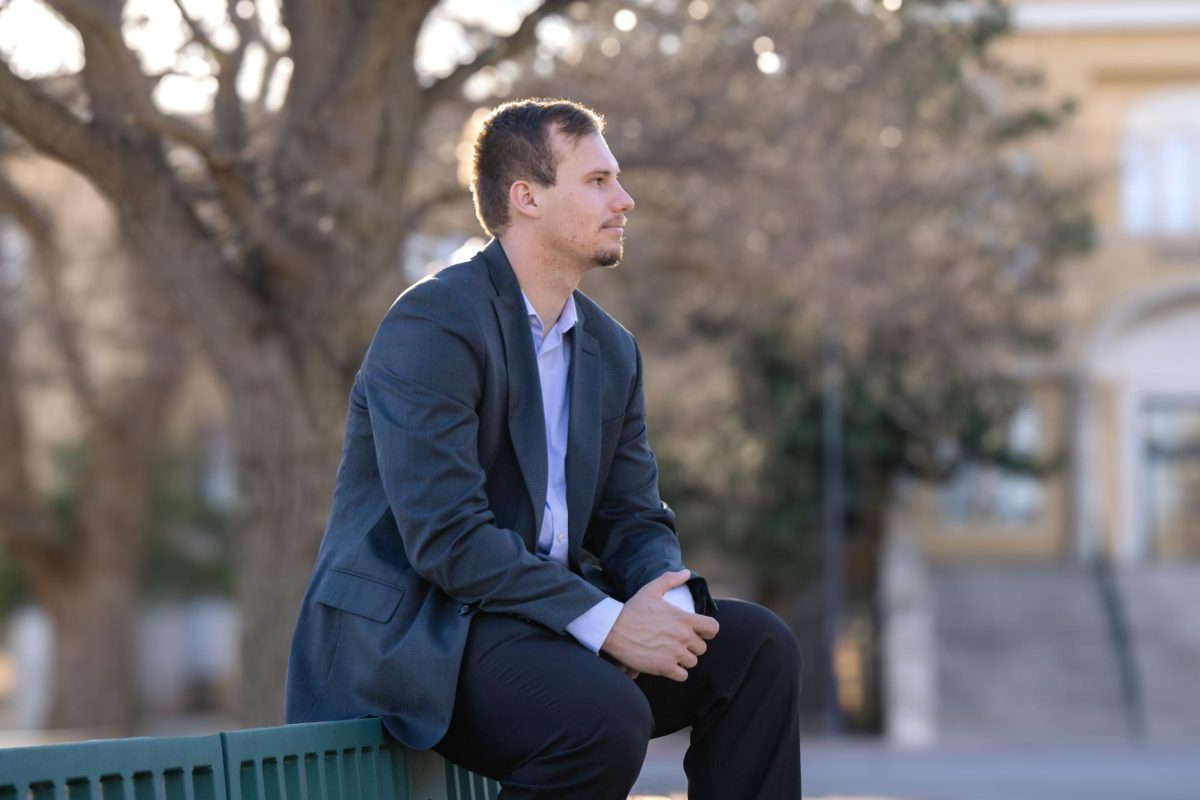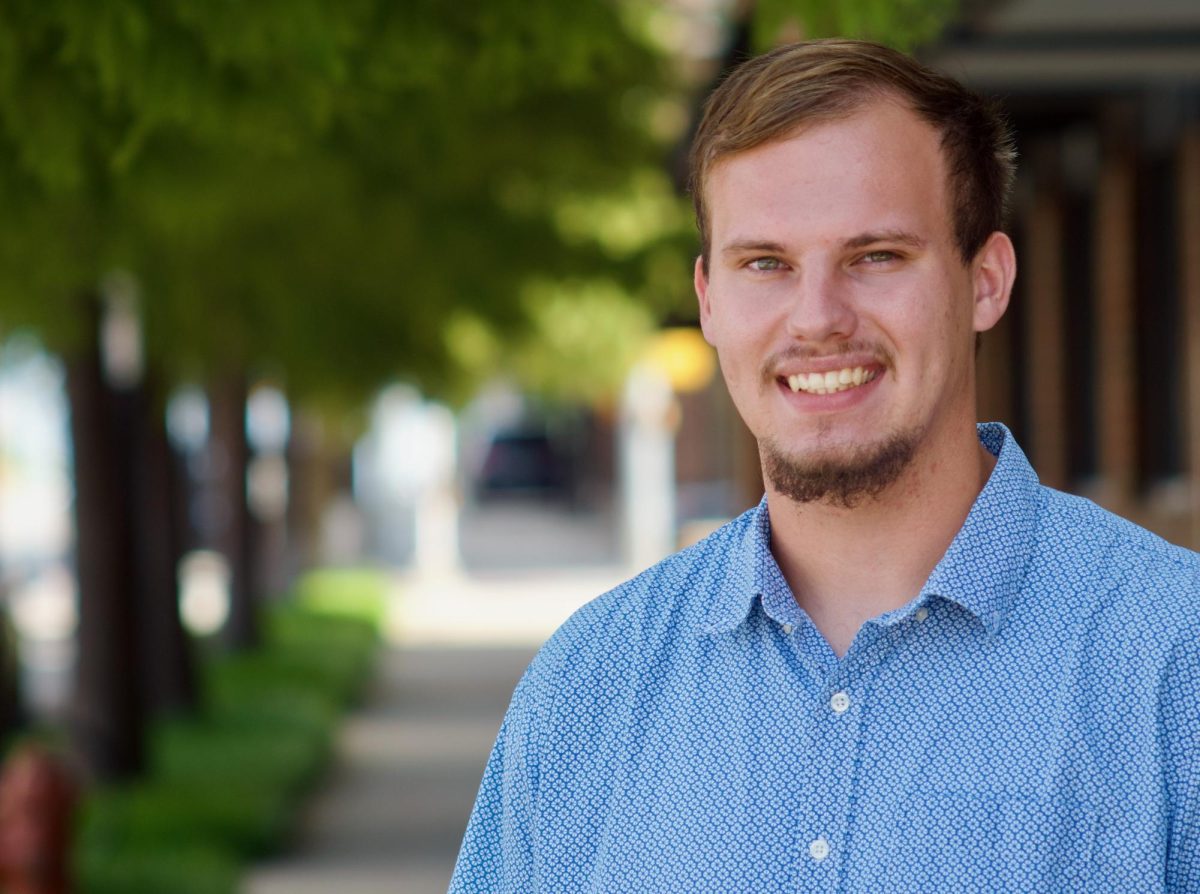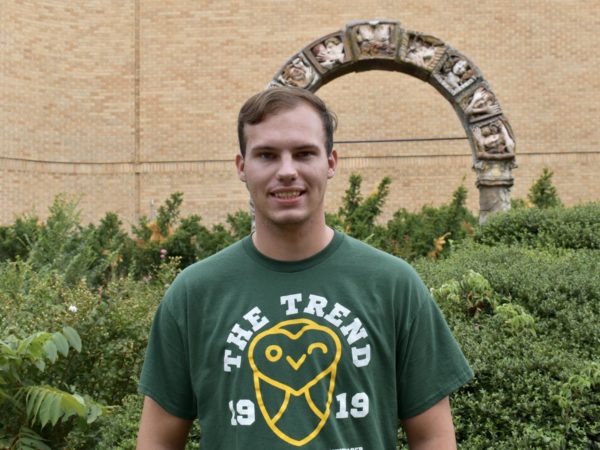Dr. Zach Simpson, professor of philosophy and religious studies at USAO recently attended the American Academy of Religion Annual Meeting. This is the world’s largest religion conference, and Simpson had the honor of presenting his research at the three-day event in San Diego, Calif.
The American Academy of Religion Annual Meeting is an international conference that provides educational sessions, research, and social networking opportunities for all attendees. This event features all aspects of religious studies, including Christianity, Hinduism, Islam, Buddhism, and other religions. It also showcases research on other perspectives in the field, such as sociology, anthropology, cognitive science, and theories of religion.
In addition to these learning opportunities, the annual meeting has books for everyone to buy and/or sell. Simpson metaphorically compared the book-selling event to being as big as the world’s largest bookstore. He also said the books he bought at previous conferences have made their way into his lectures and teachings at USAO.
Simpson was invited to present at the American Academy of Religion Annual Meeting after submitting a two-page summary of a research project he started in March of 2024. All presenters had to submit a summary of their research in order to be at this conference.
Traditionally, Simpson has conducted research in the history of religious studies but delved into a category he is not as familiar with. He presented in the sports and religion field of research and looked at the climate surrounding religious exemptions.
More specifically, Simpson looked at the National Hockey League and their banishment of wearing theme-night gear and equipment in 2023. This happened due to a few professional hockey players refusing to wear the Pride Night themed outfits for religious reasons. These players refused to wear the gear as they felt it endorsed the LGBTQIA+ community, and that went against their religious beliefs.
Simpson took his research to this conference in hopes of receiving feedback, so he could continue studying this topic and eventually have it published in an academic journal.
“I really didn’t have the right angle on this paper, but I knew there was something there and I needed to read more about it and figure out how to go about it,” Simpson said.
With the help of many religious studies experts, he was able to receive great feedback and additional information regarding how to incorporate other professional sports leagues into his research.
The conference not only provided this knowledge to Simpson, but he also learned from the cognitive science of religion presentations. He was able to look at research varying from British attitudes after the death of Queen Elizabeth II, the identity of Turkish people after a devasting 7.8 magnitude earthquake hit the country, and concepts of Christian mysticism. Simpson was able to take away a monumental amount of information for himself and his teachings.
The overall experience was great for Simpson, saying the weather in San Diego was gorgeous and that this conference brings the best individuals in the field every year. He also finds these experiences more relaxing than when he was younger. Simpson felt more anxious presenting at a conference like this, as he wanted to prove himself to other colleagues when he was starting his career.
For students who are interested in attending a convention like this, Simpson offered advice that will help them get the most out of the experience.
“I’ve gained the most by going to sections that I don’t know anything about the paper they’re talking about, and that has really expanded what I want to learn about and what I’m curious about in the future,” he said.
Simpson also added that he feels it’s crucial for other faculty at USAO to attend competitive conferences like the American Academy of Religion Annual Meeting.
“It’s good to be reminded of all the bigger conversations that are going on in our fields and the tremendous research and interesting things that other people are up to,” he said.
Simpson hopes this experience will motivate his colleagues to attend conferences like his so they can continue to have an impact on the academic world.
Gary Jackson is a fourth-year communication major at the University of Science and Arts of Oklahoma.


